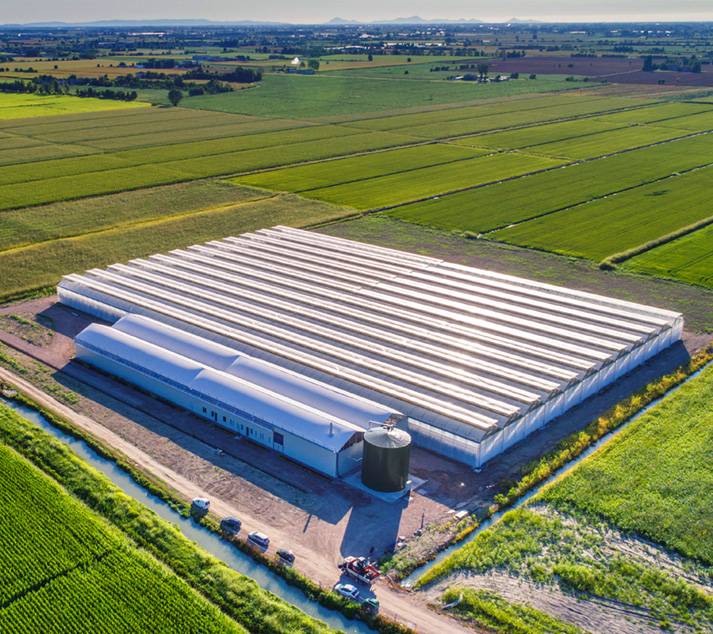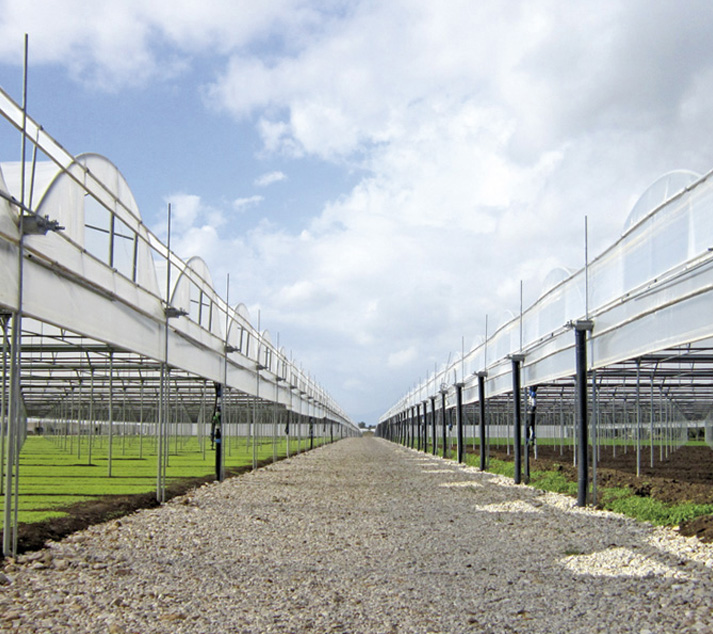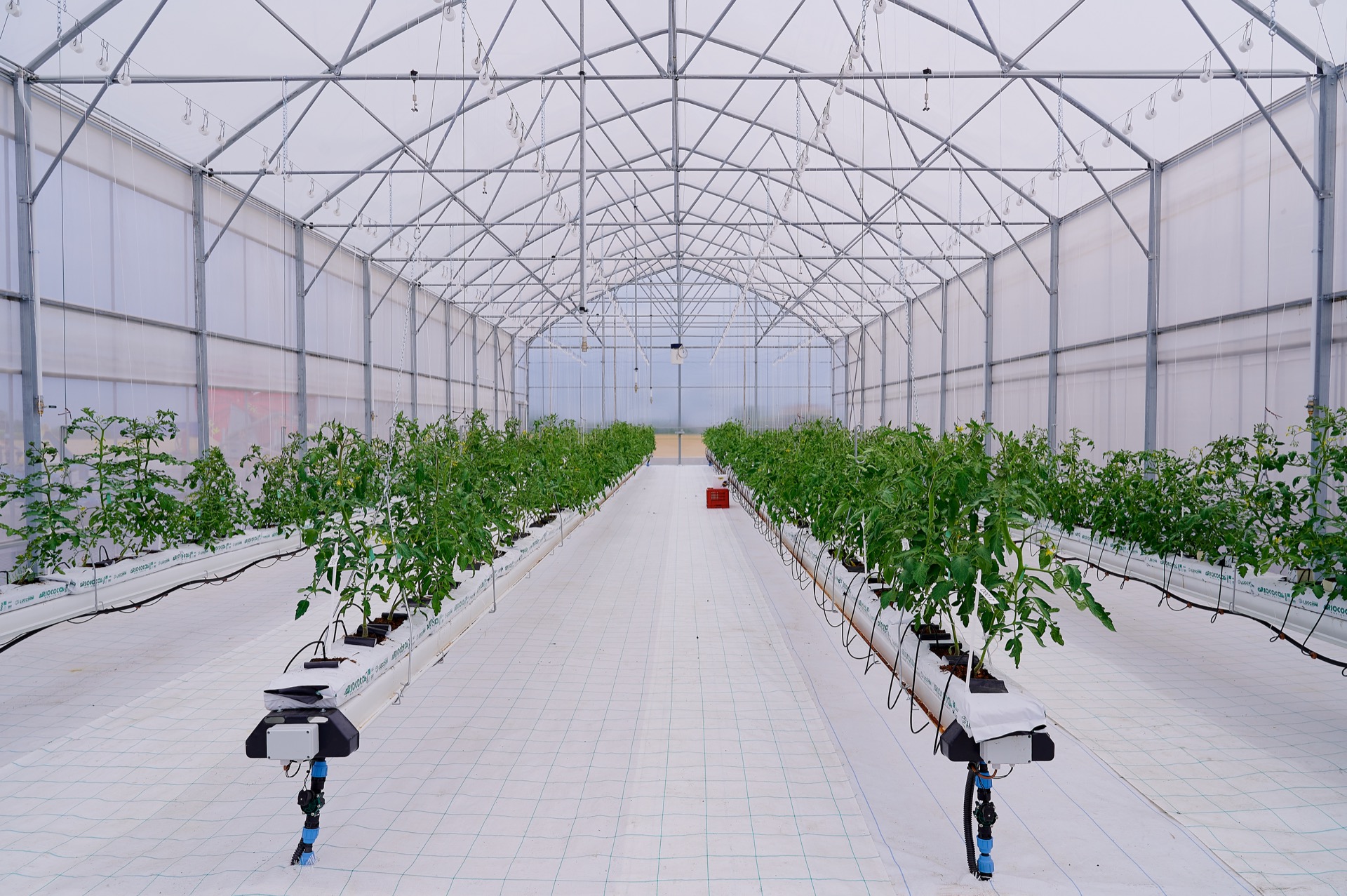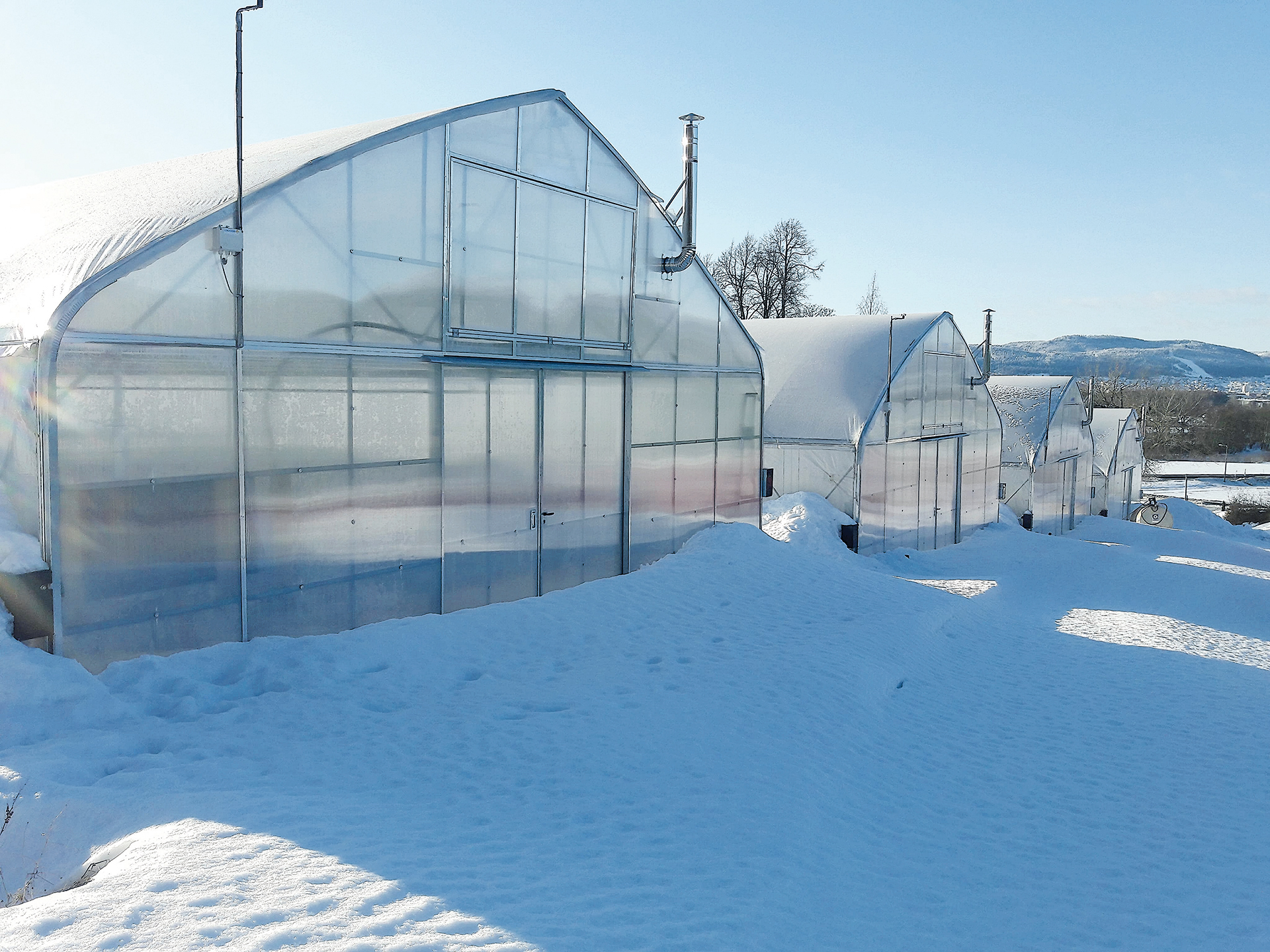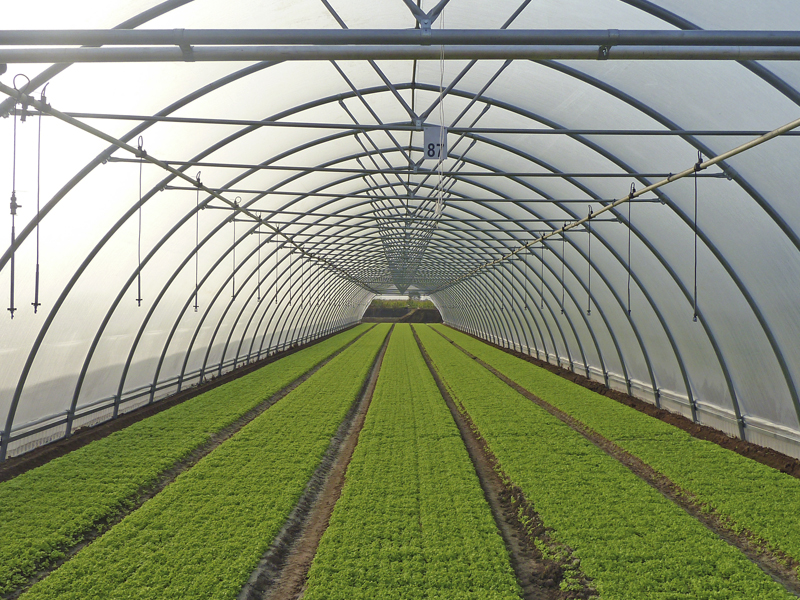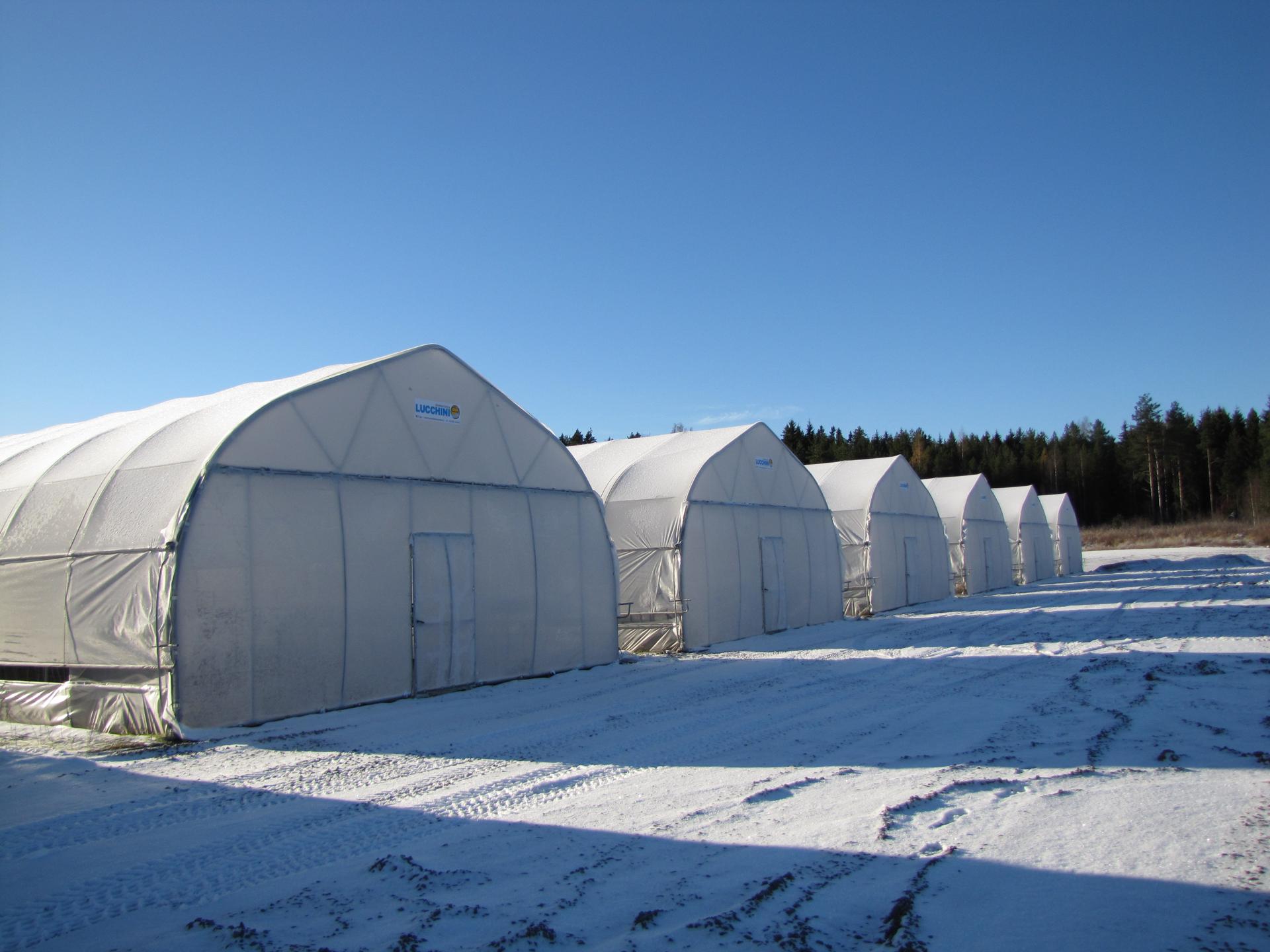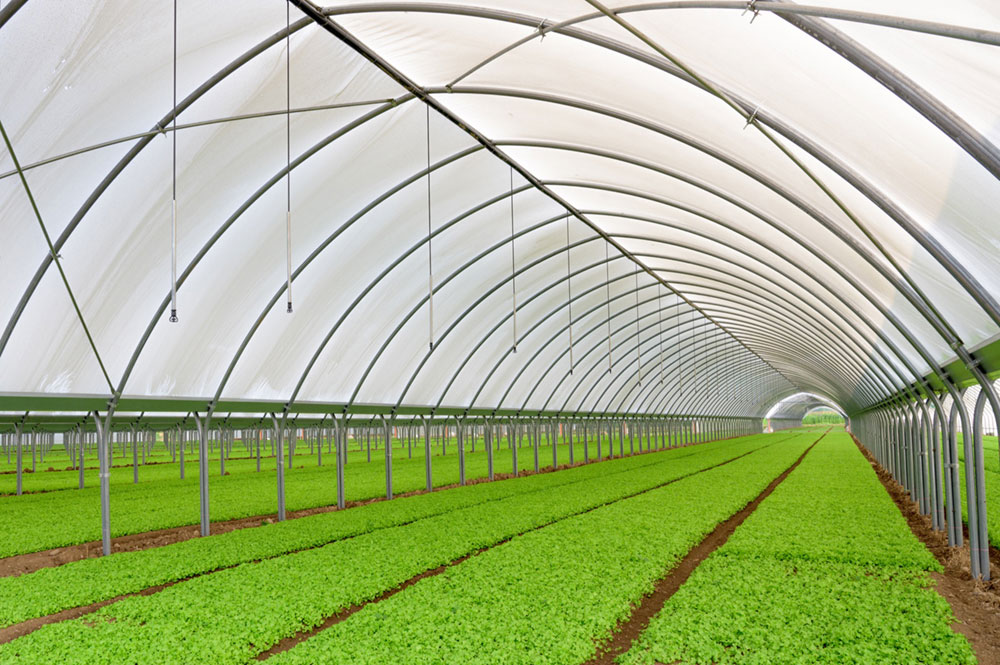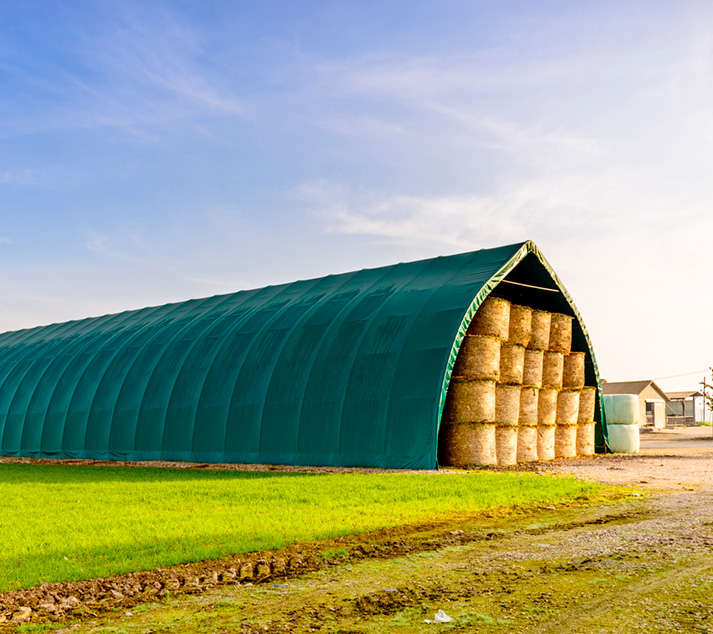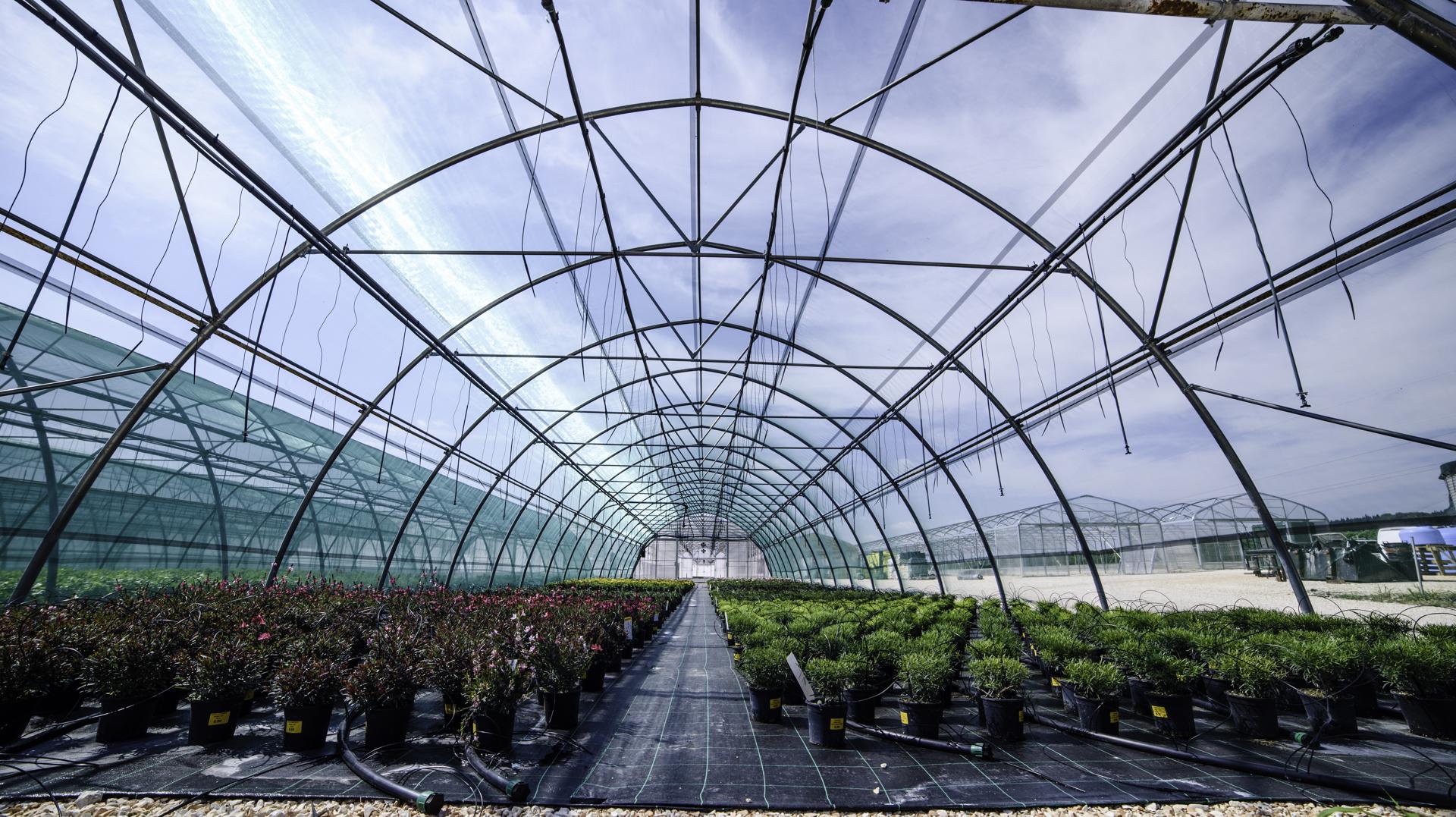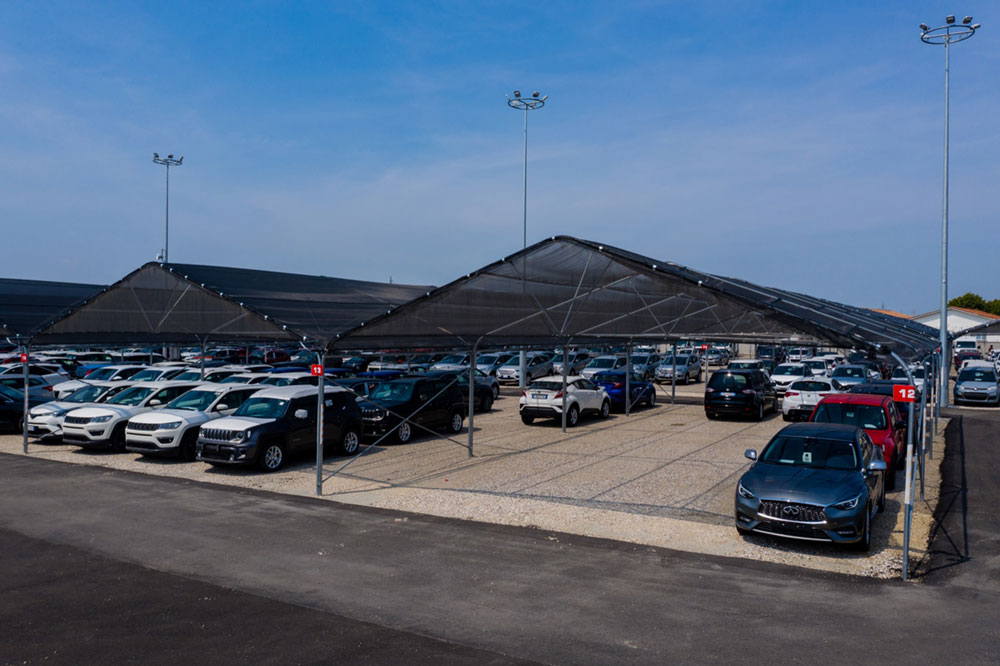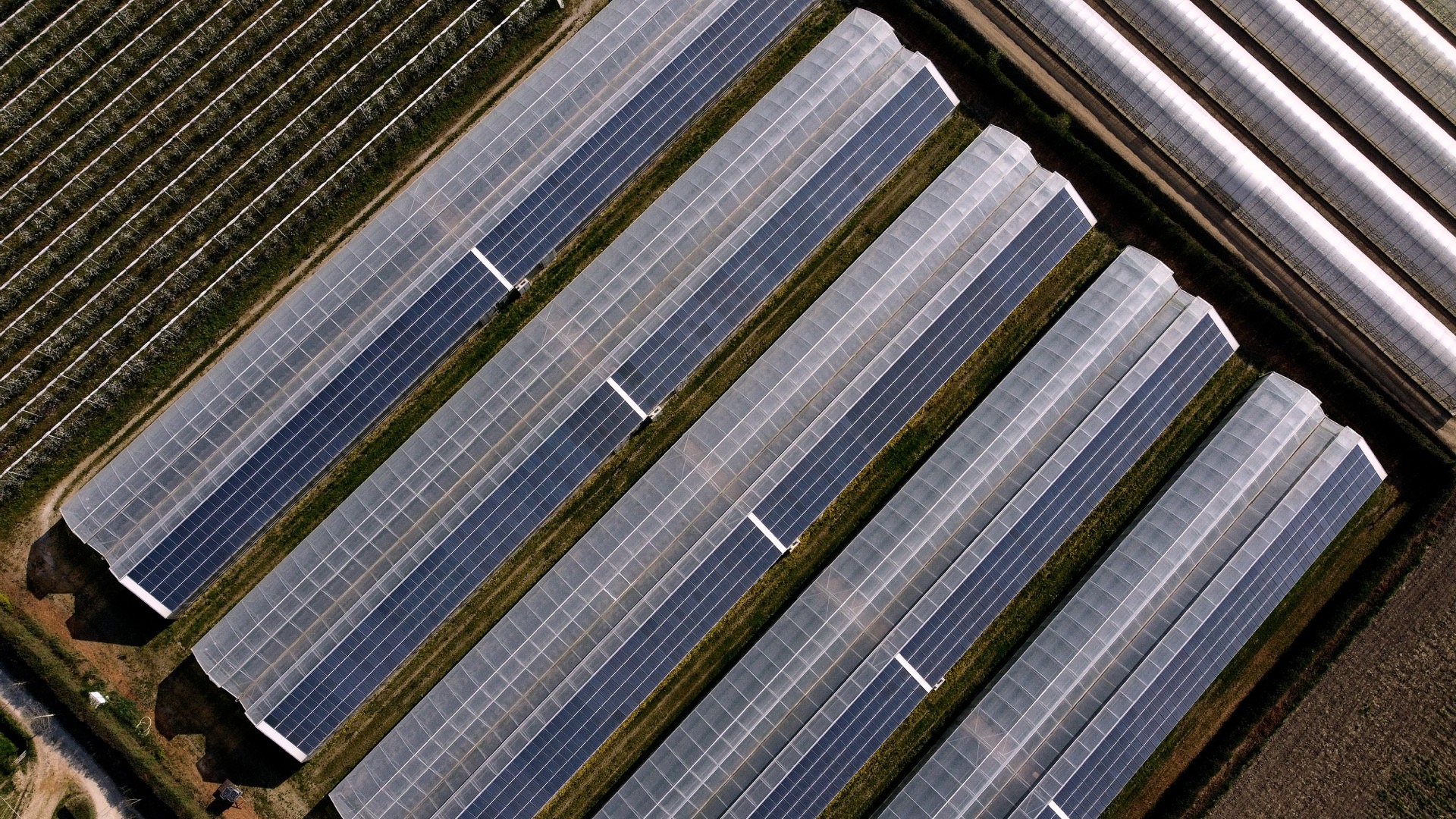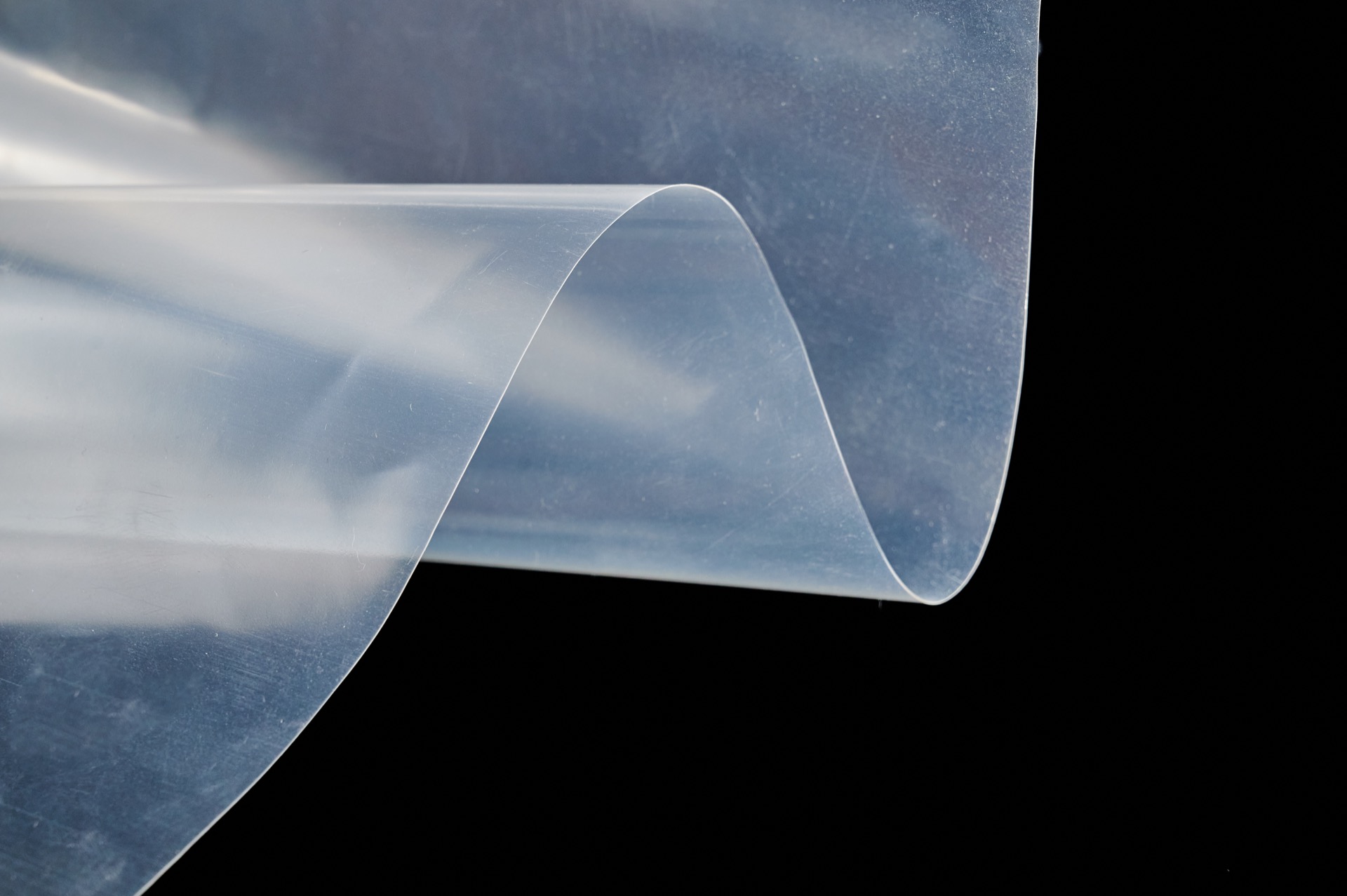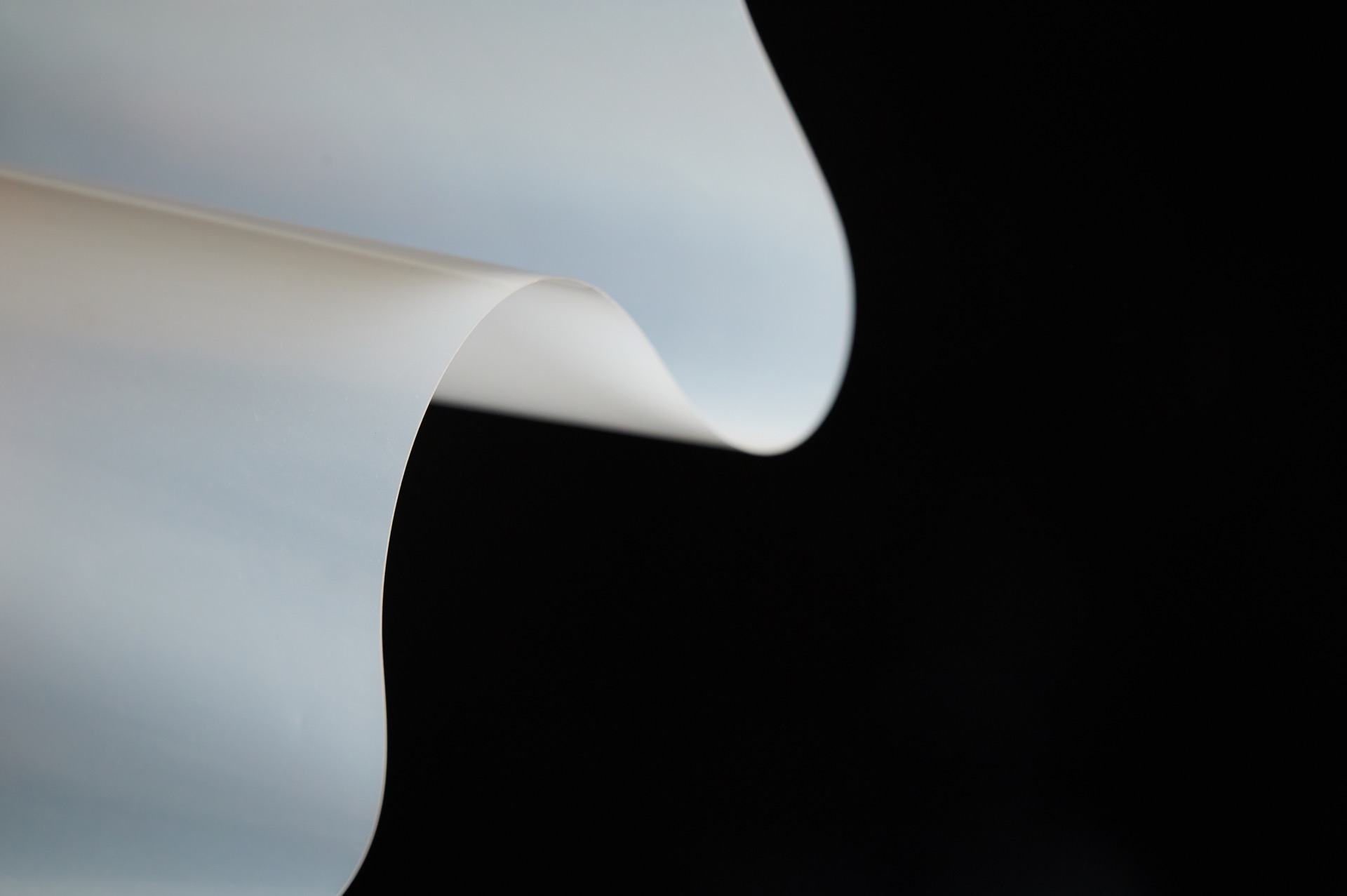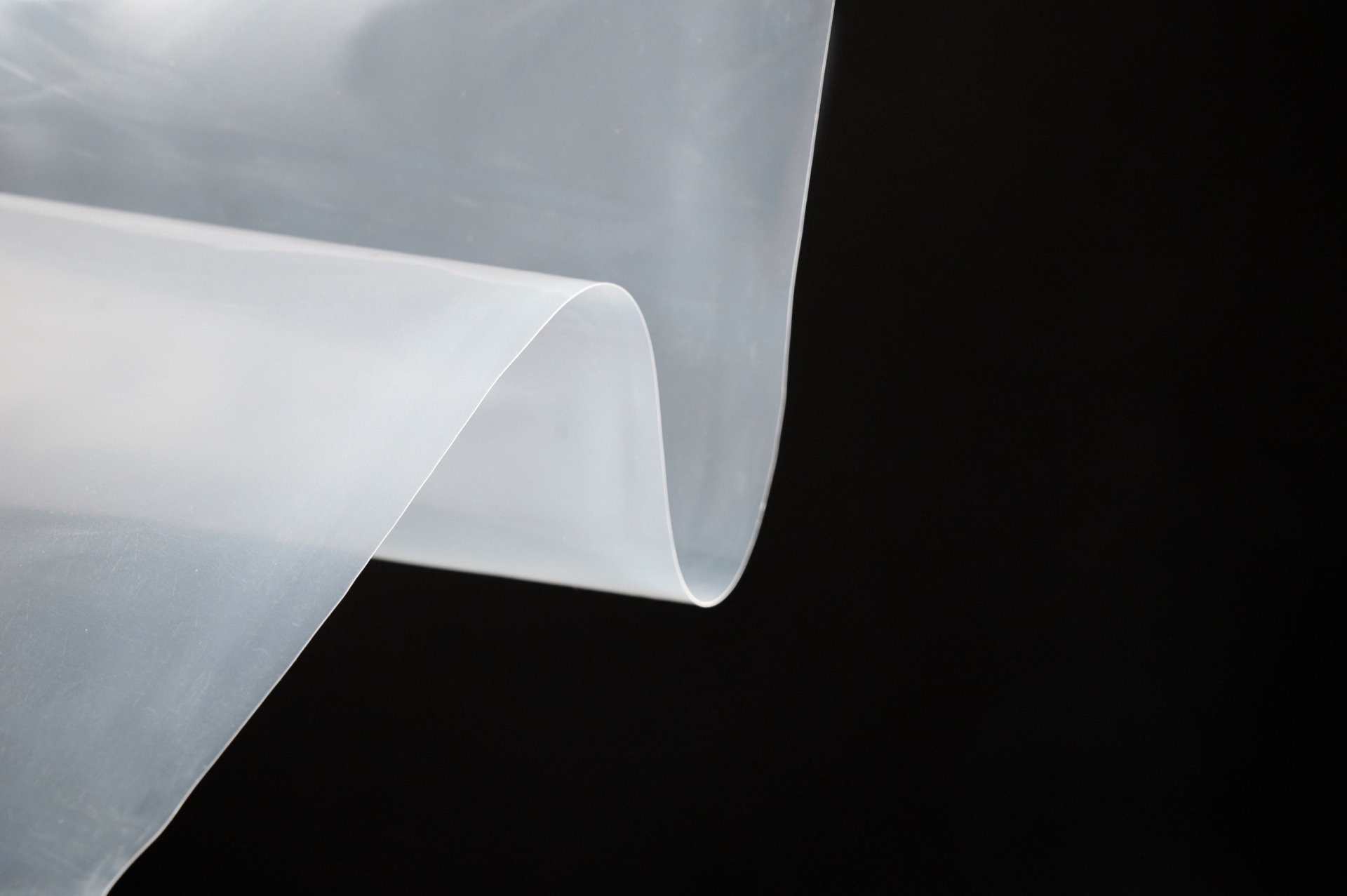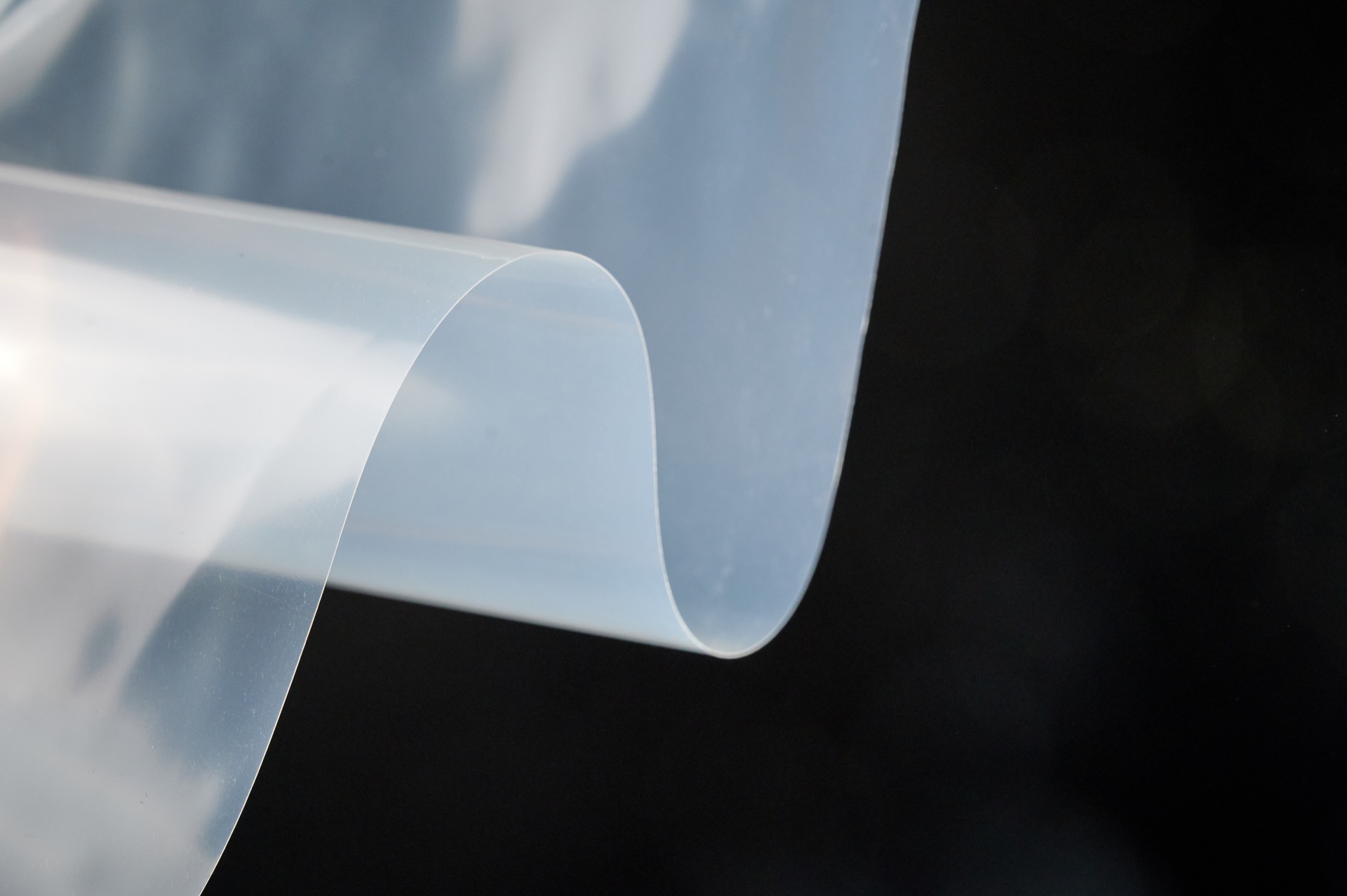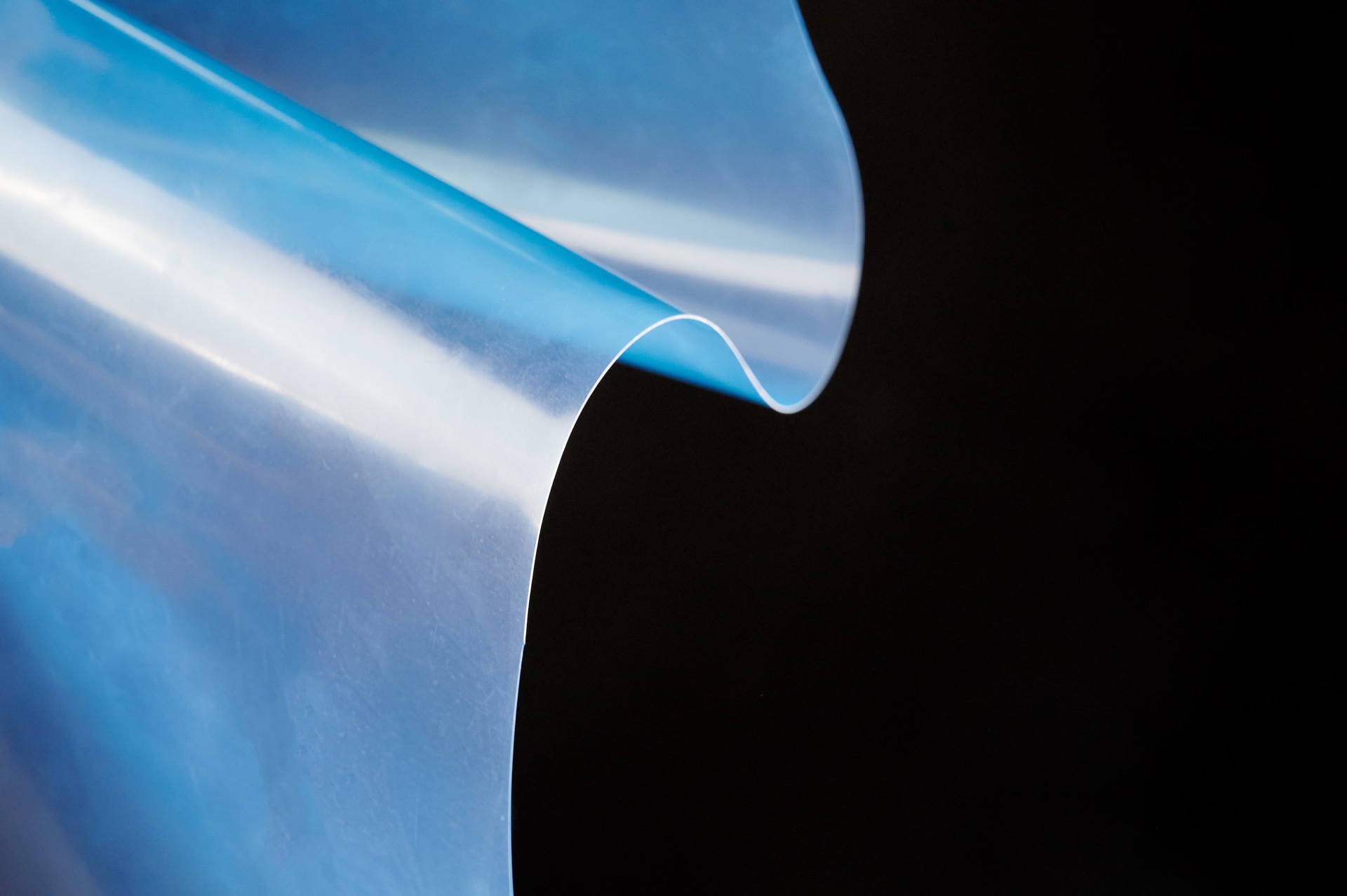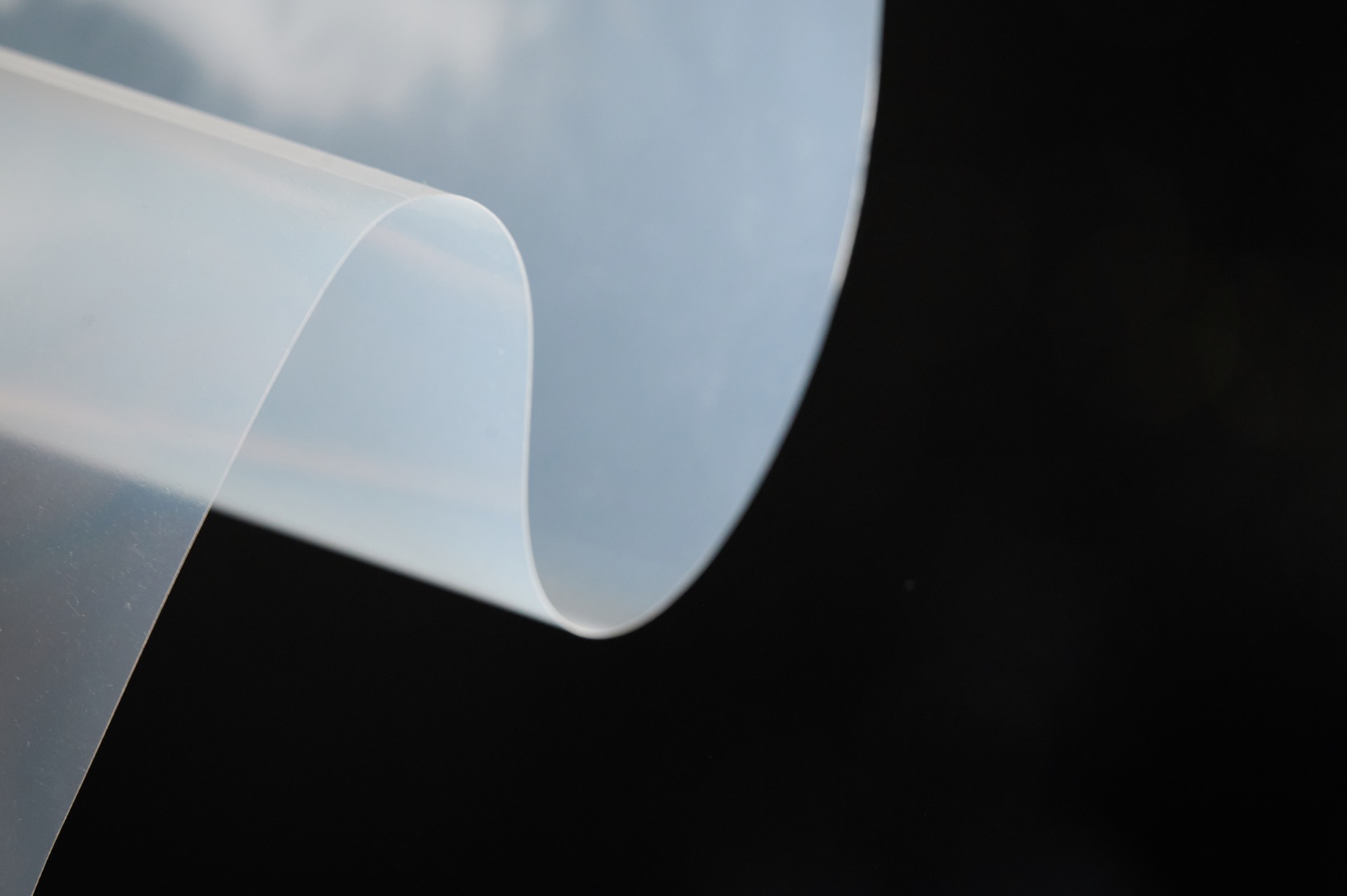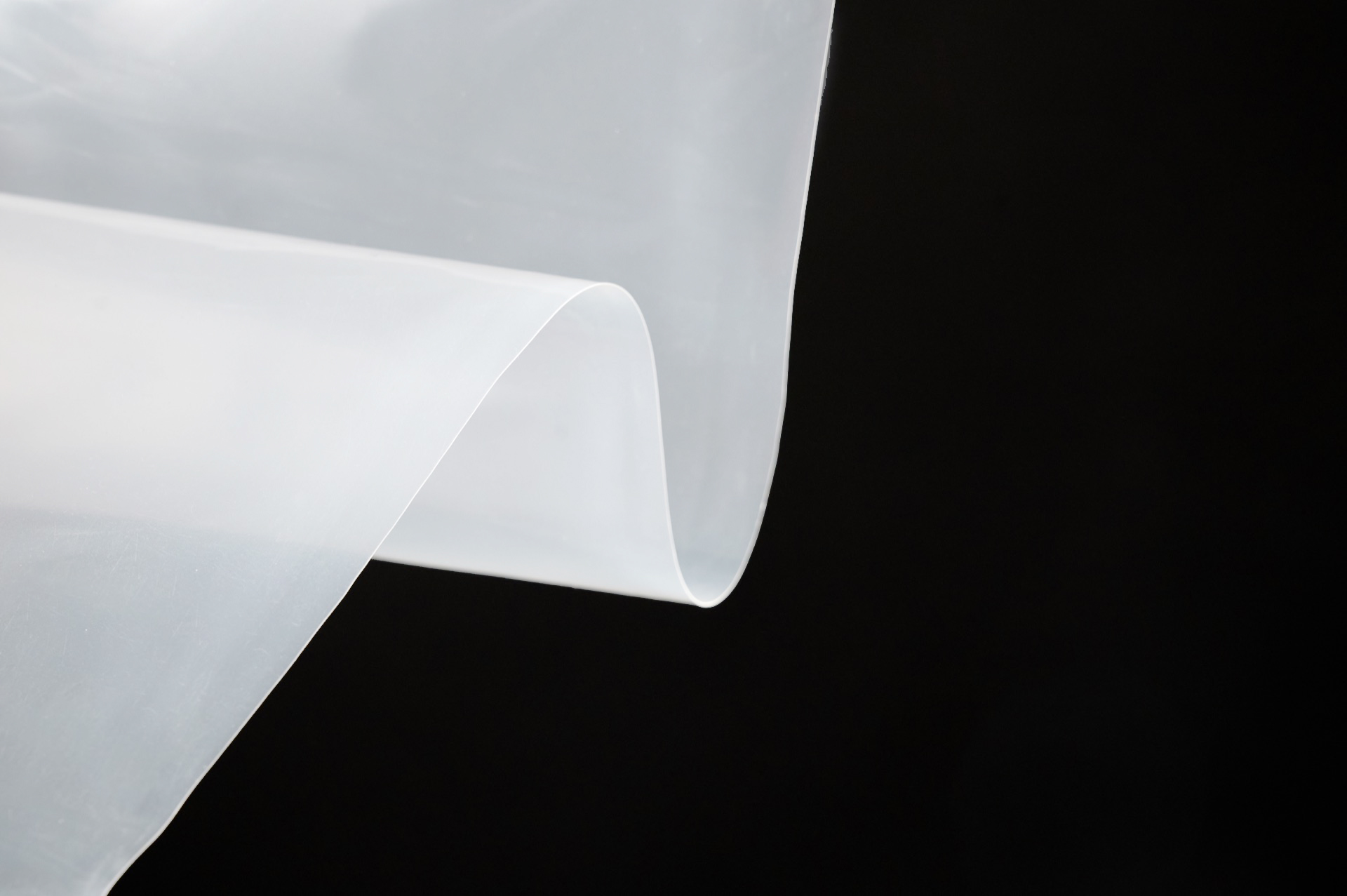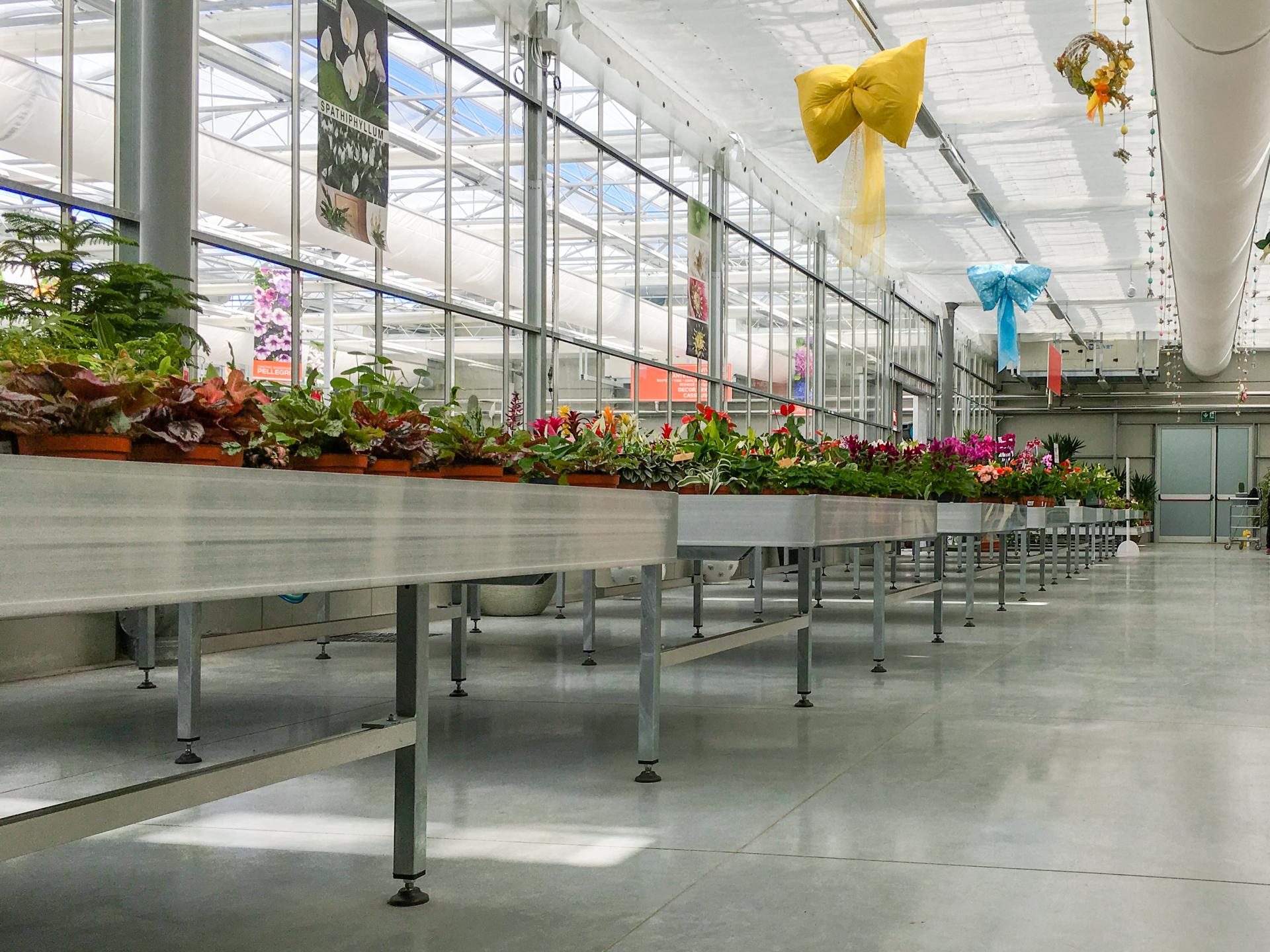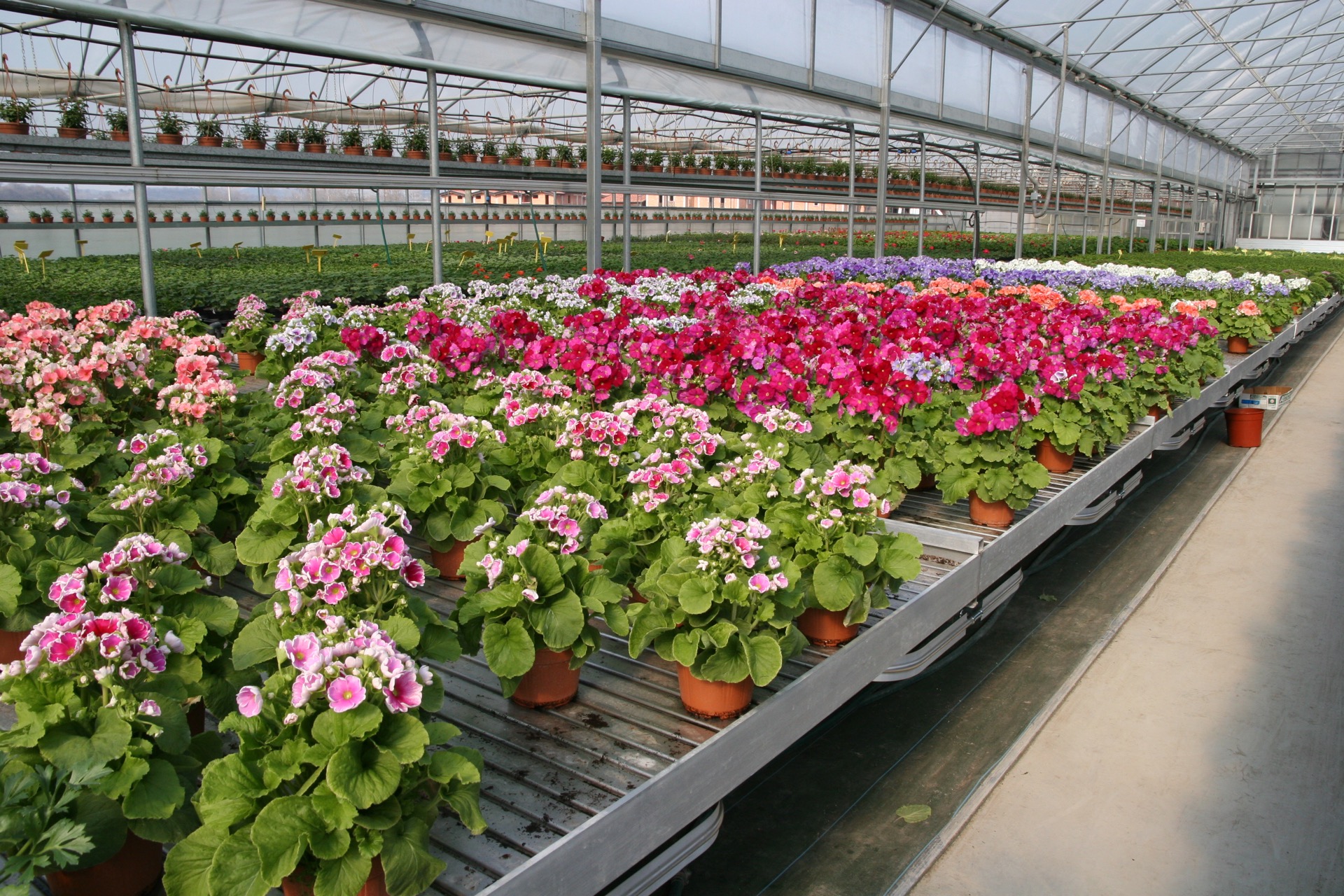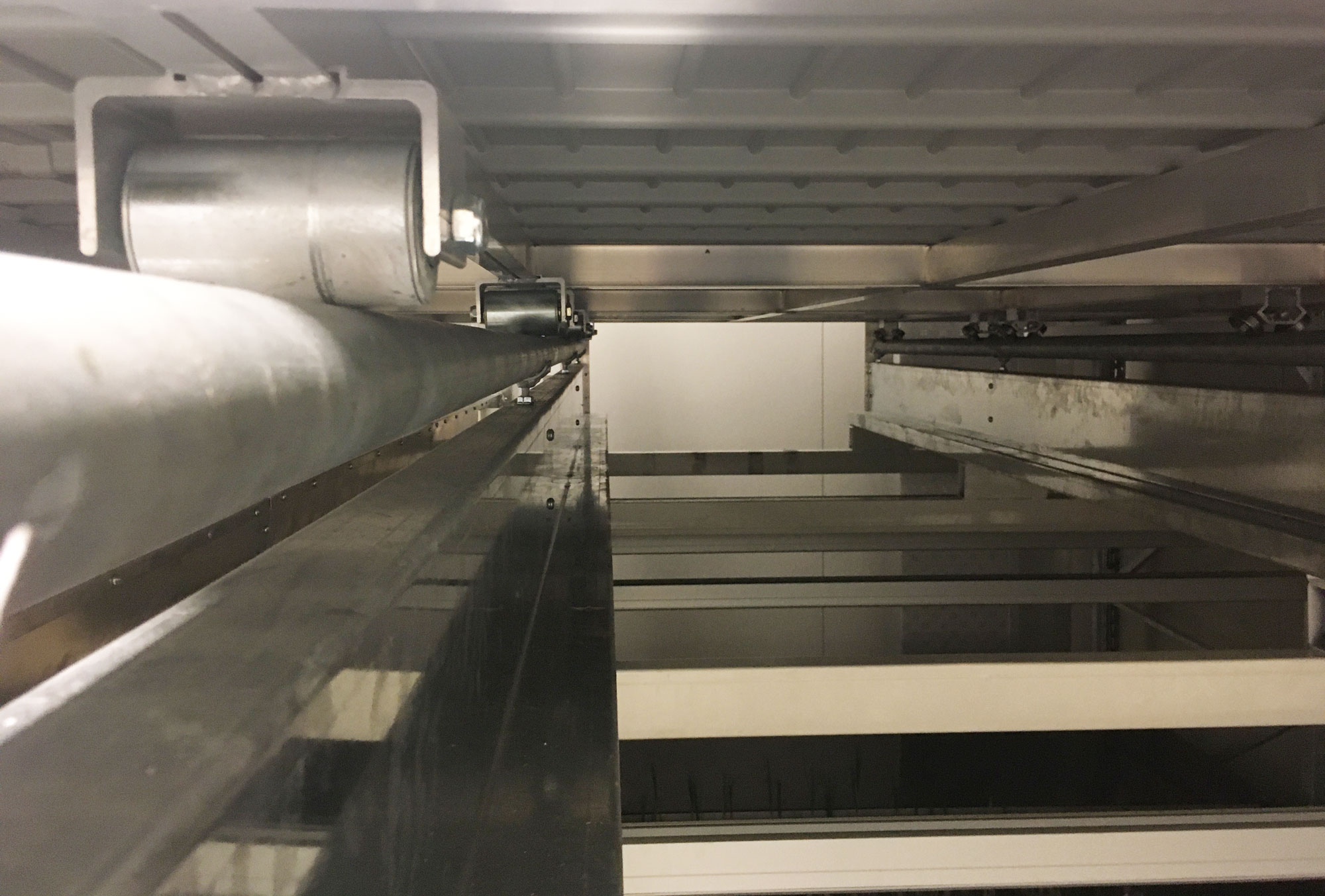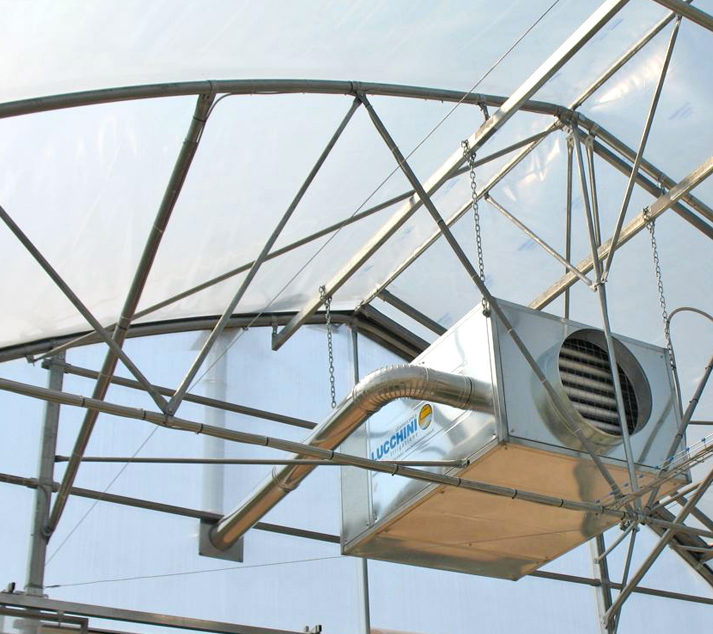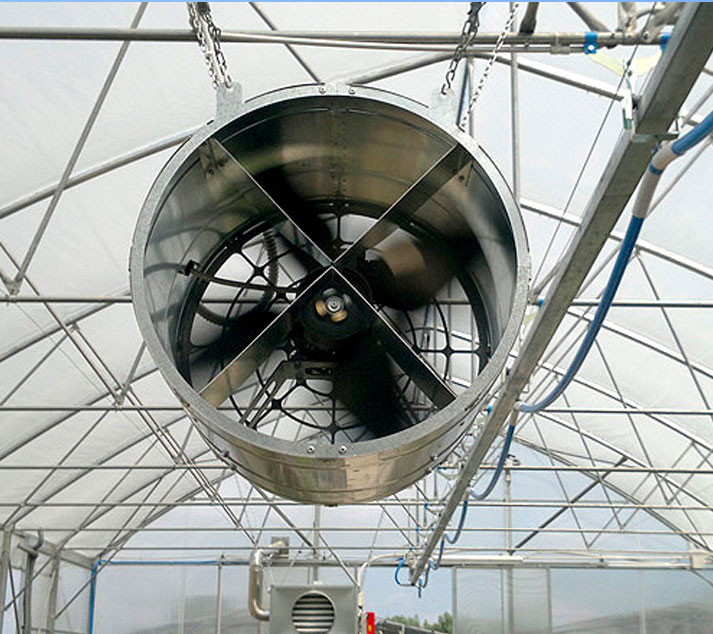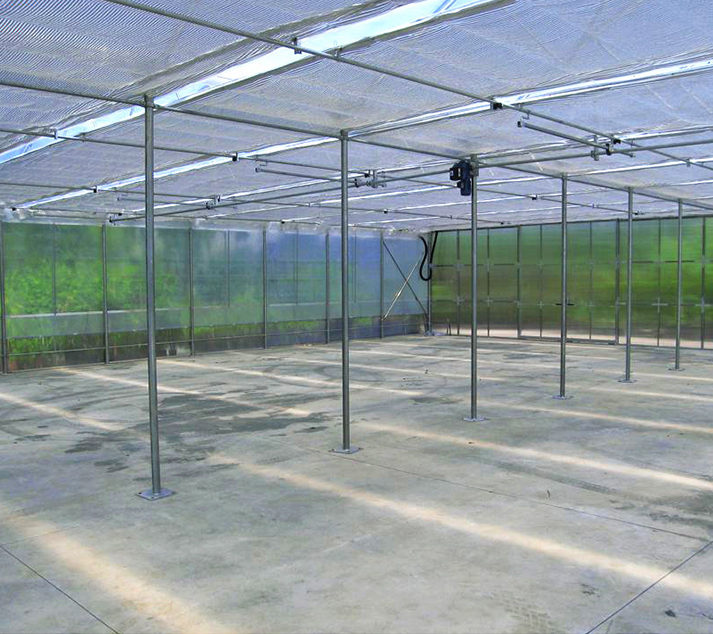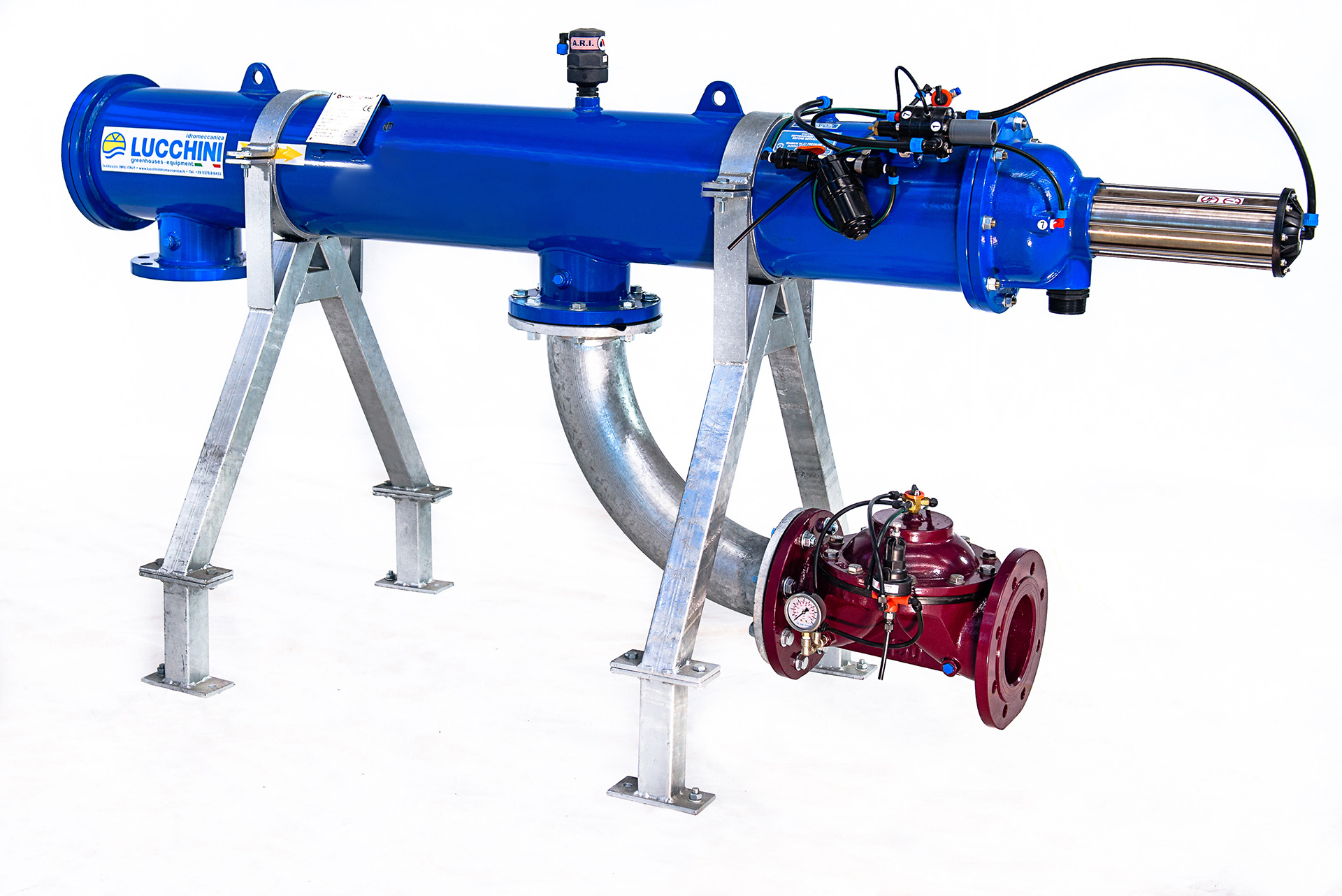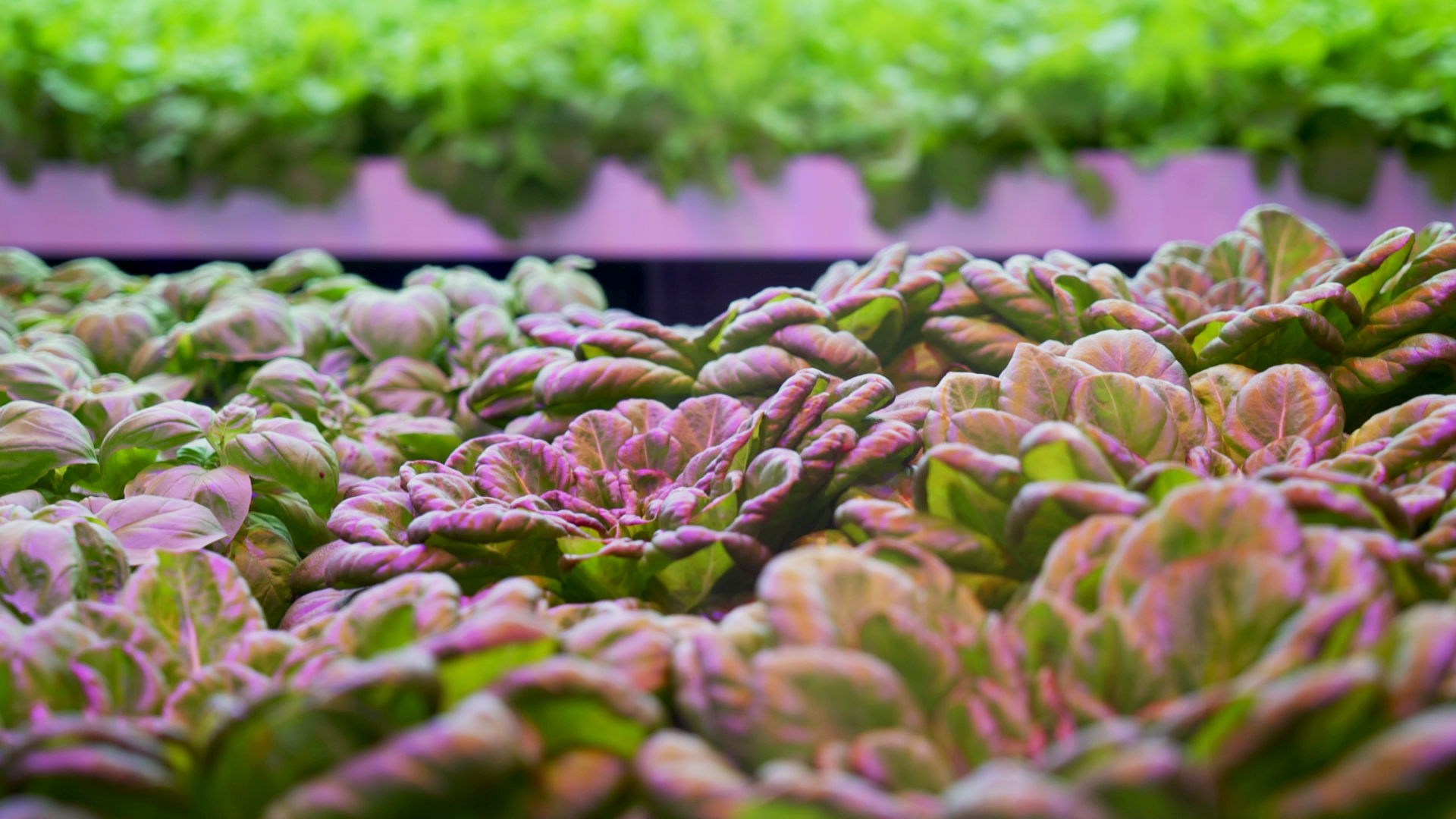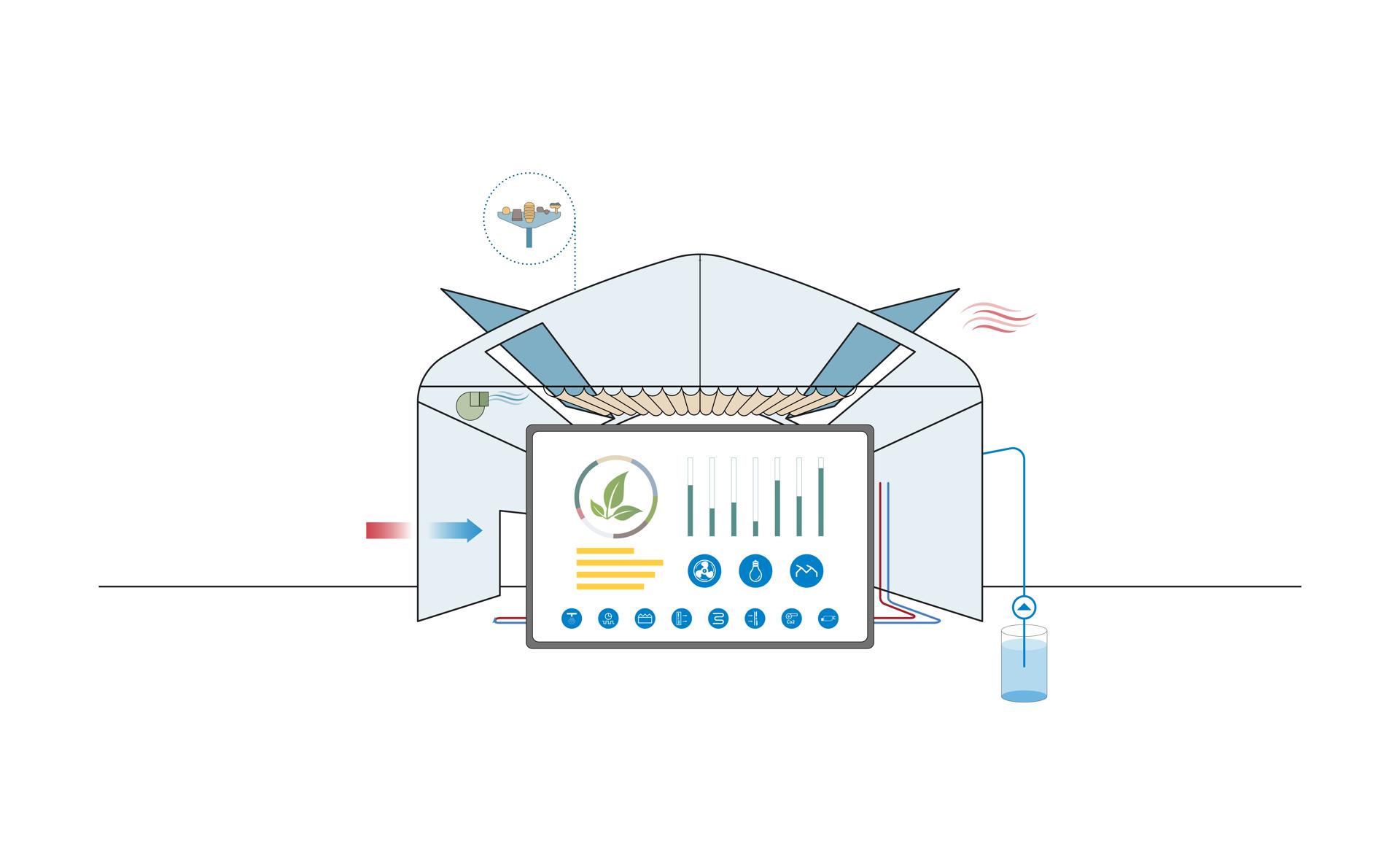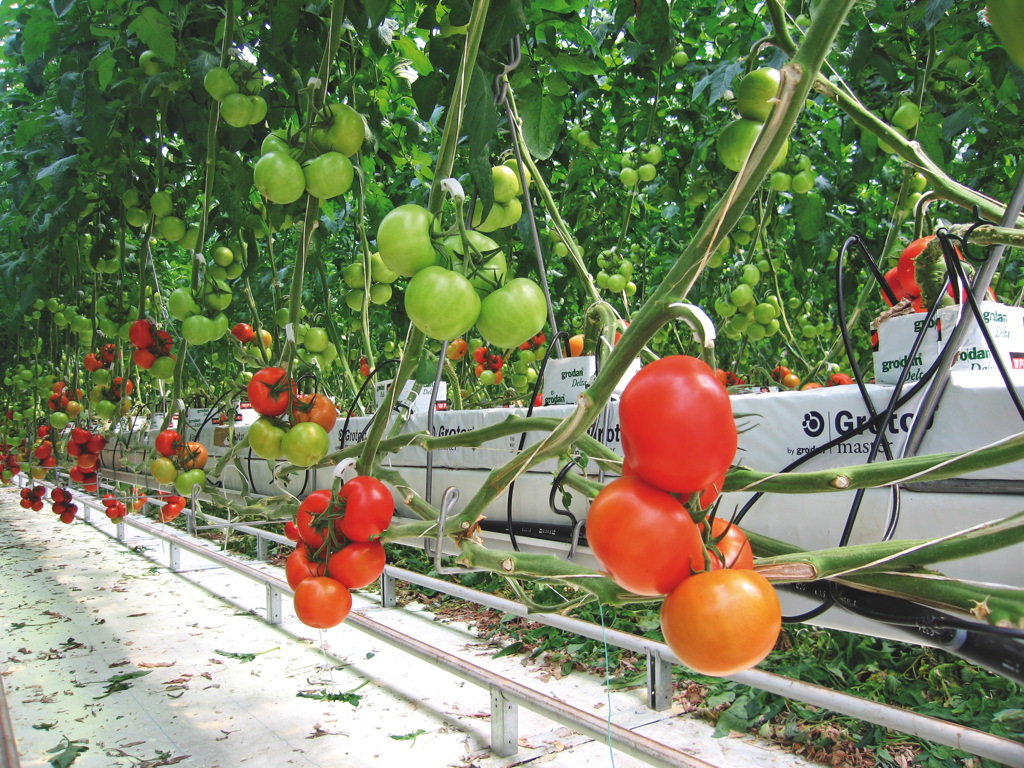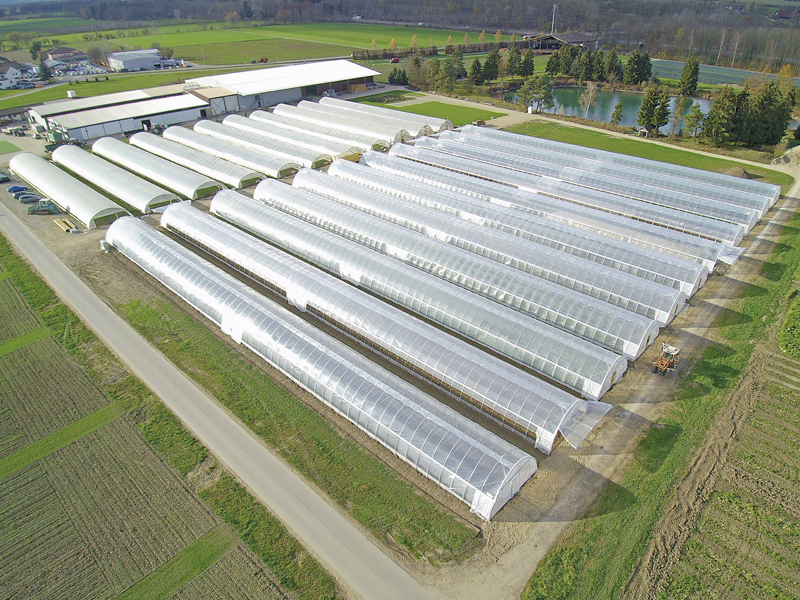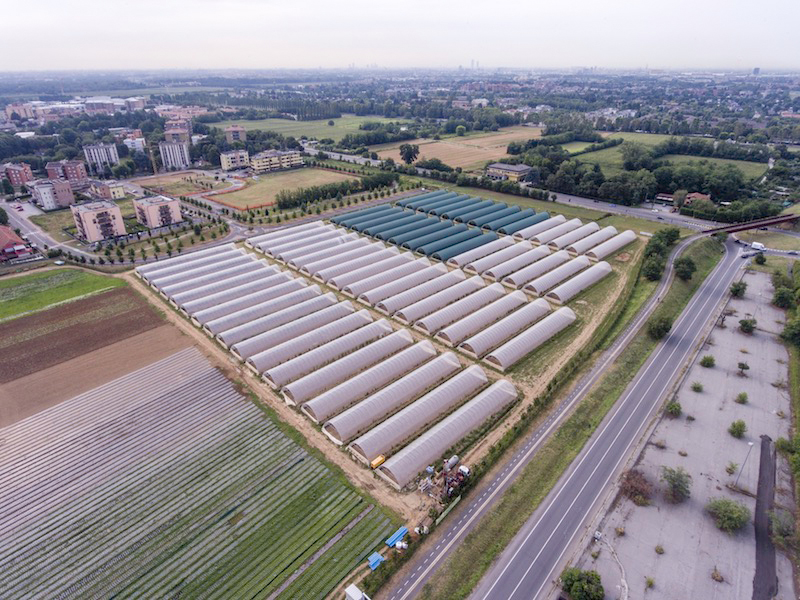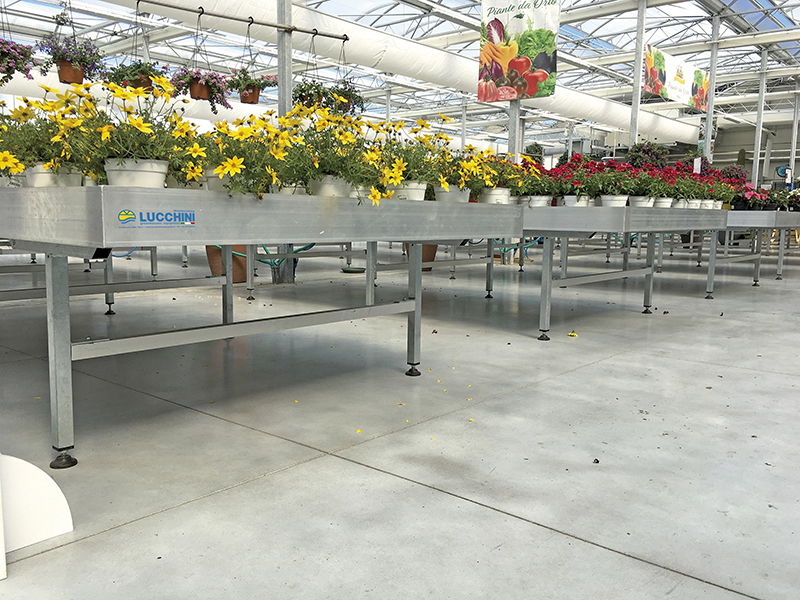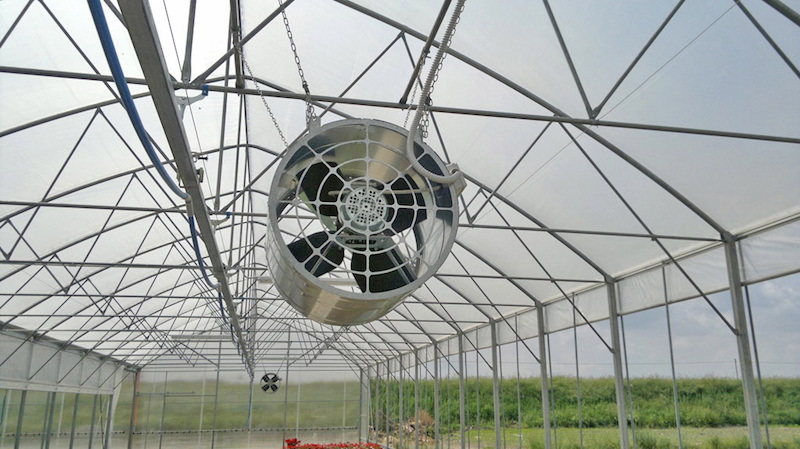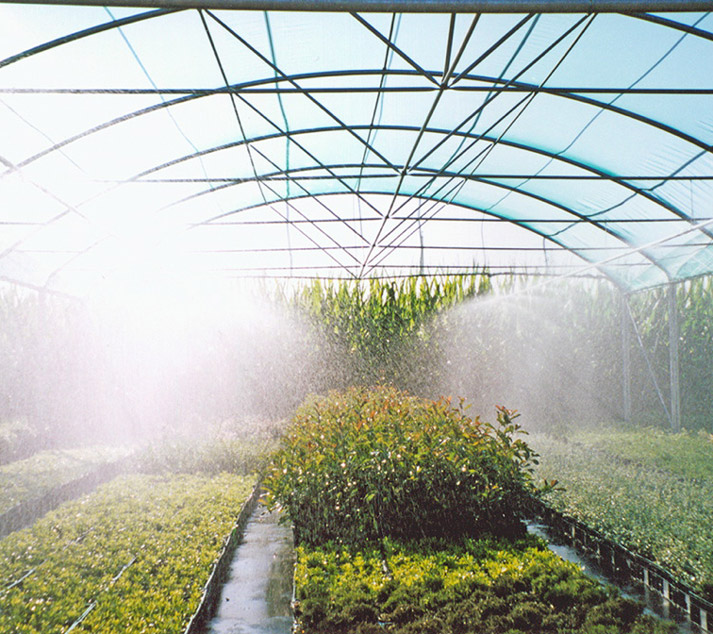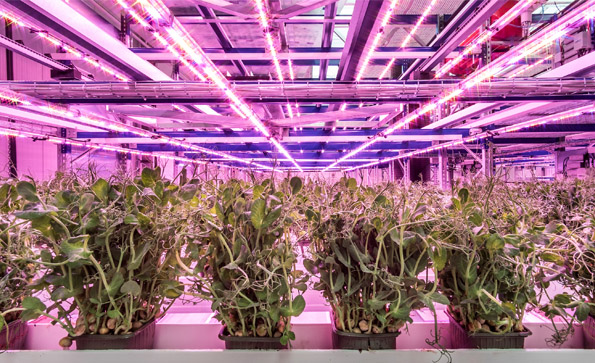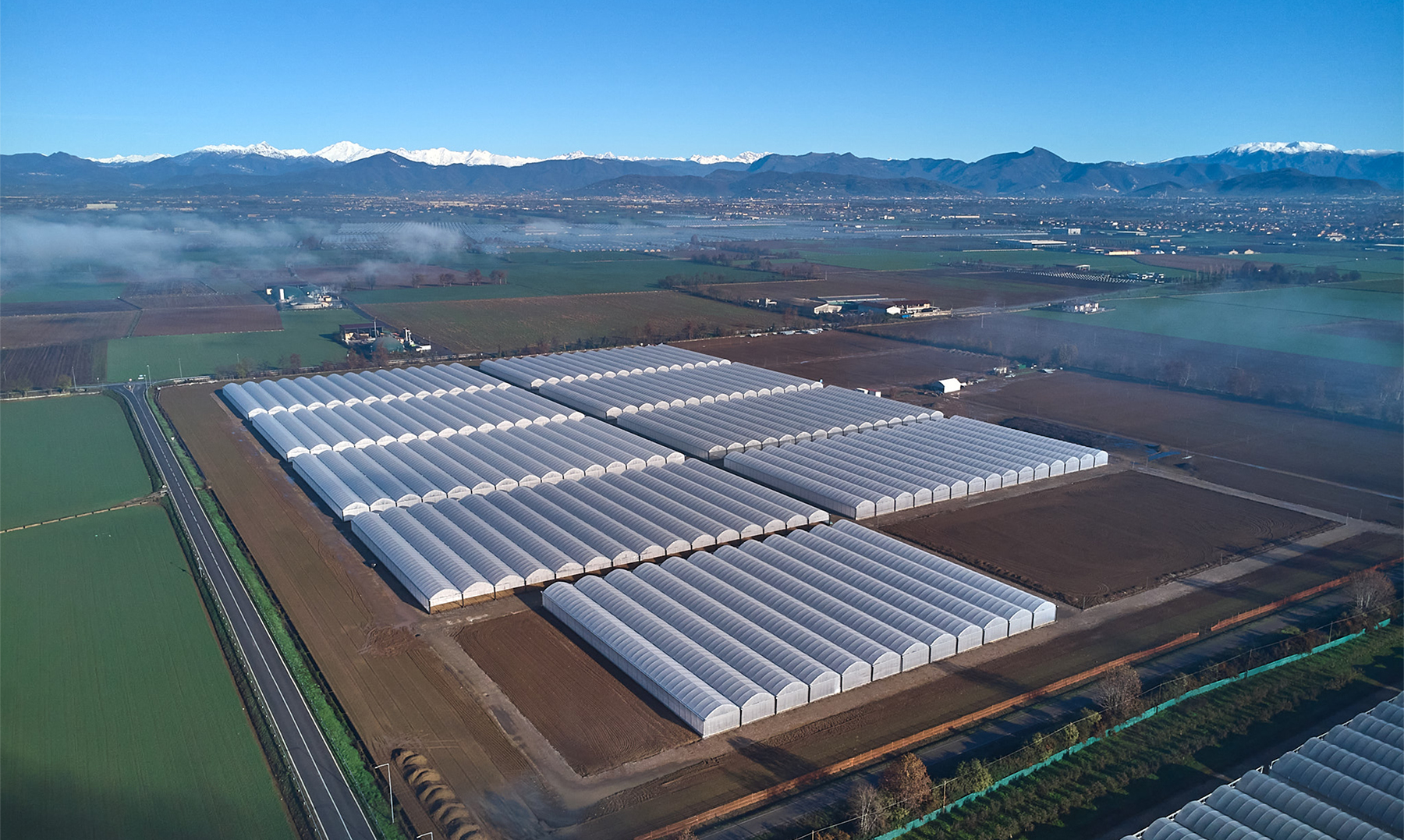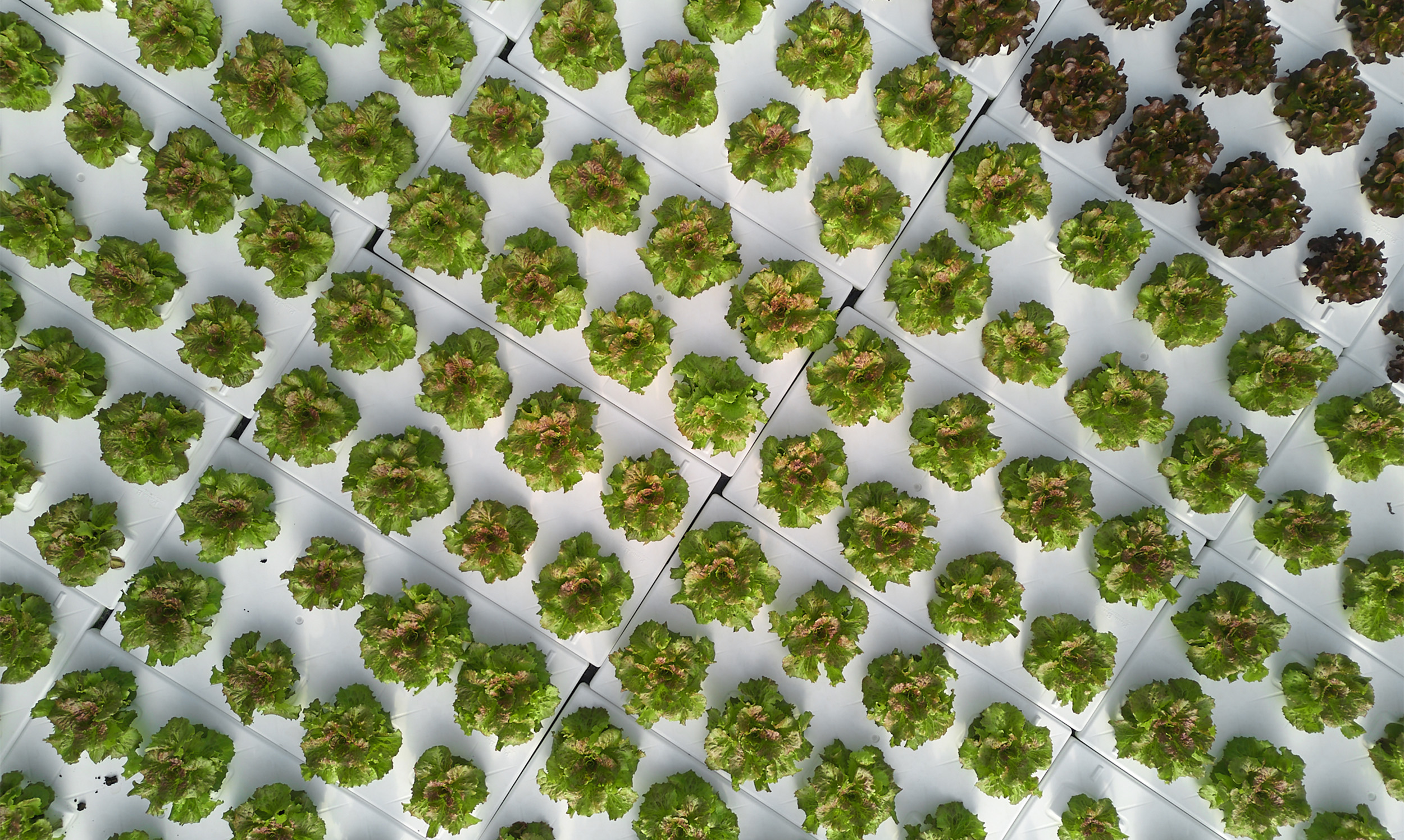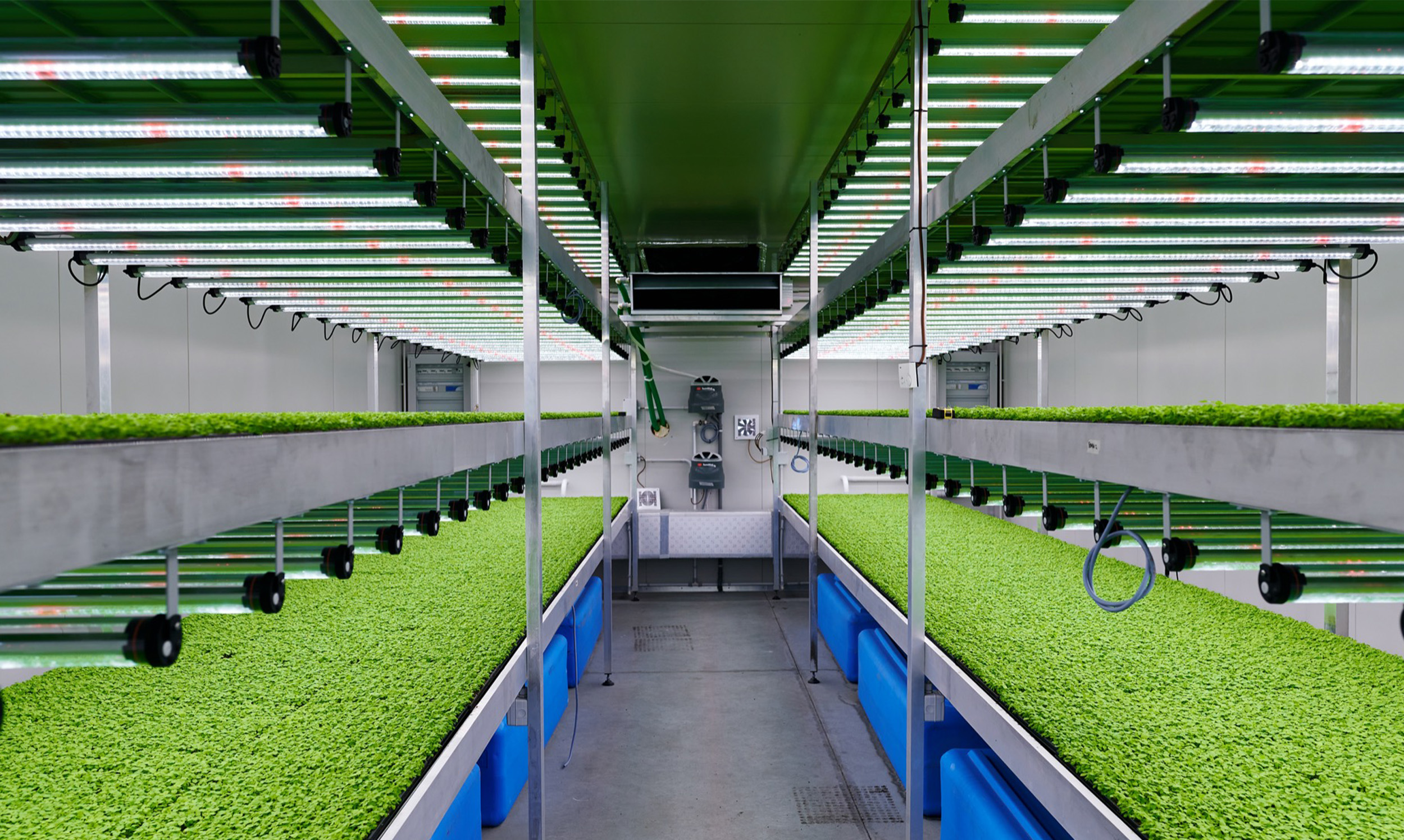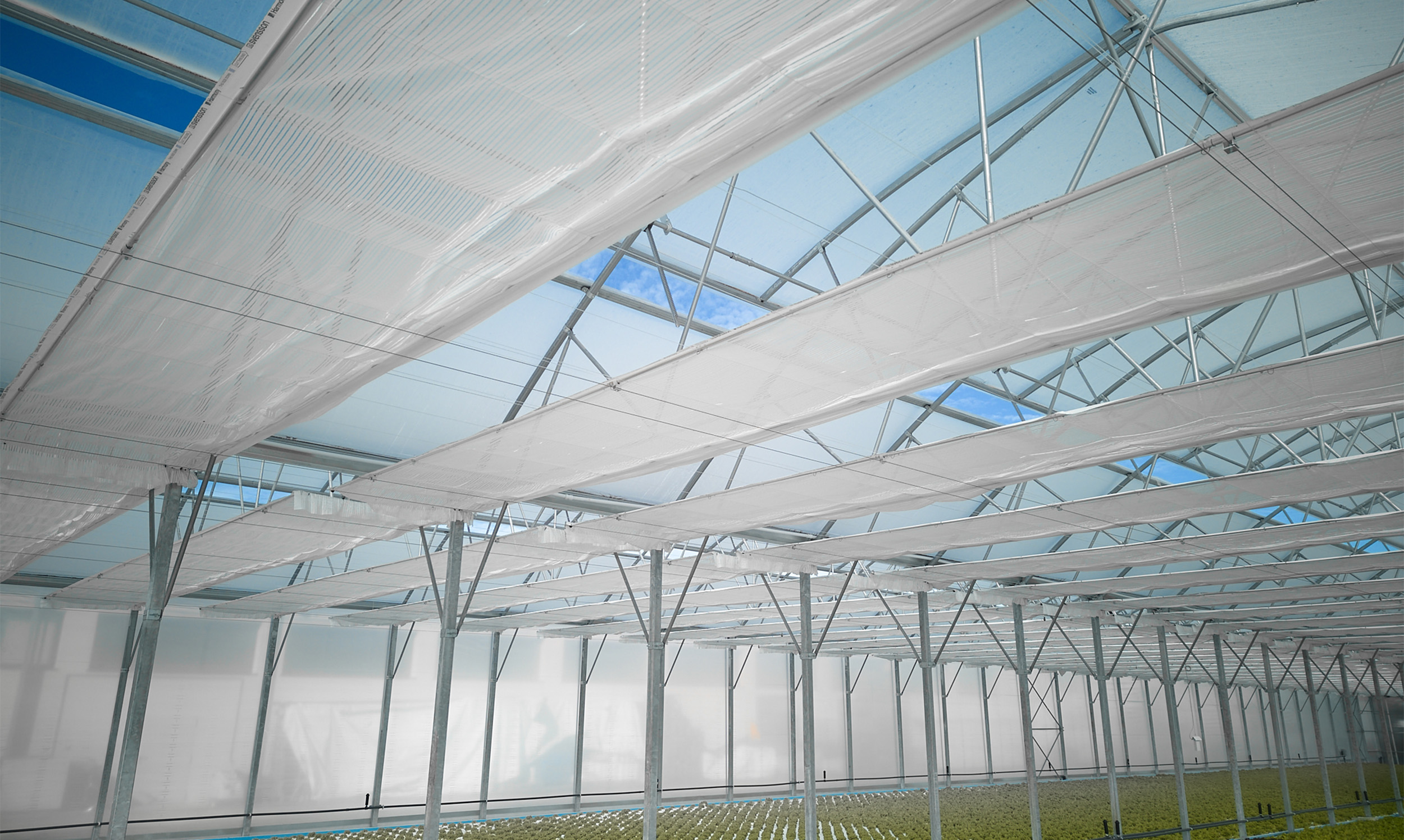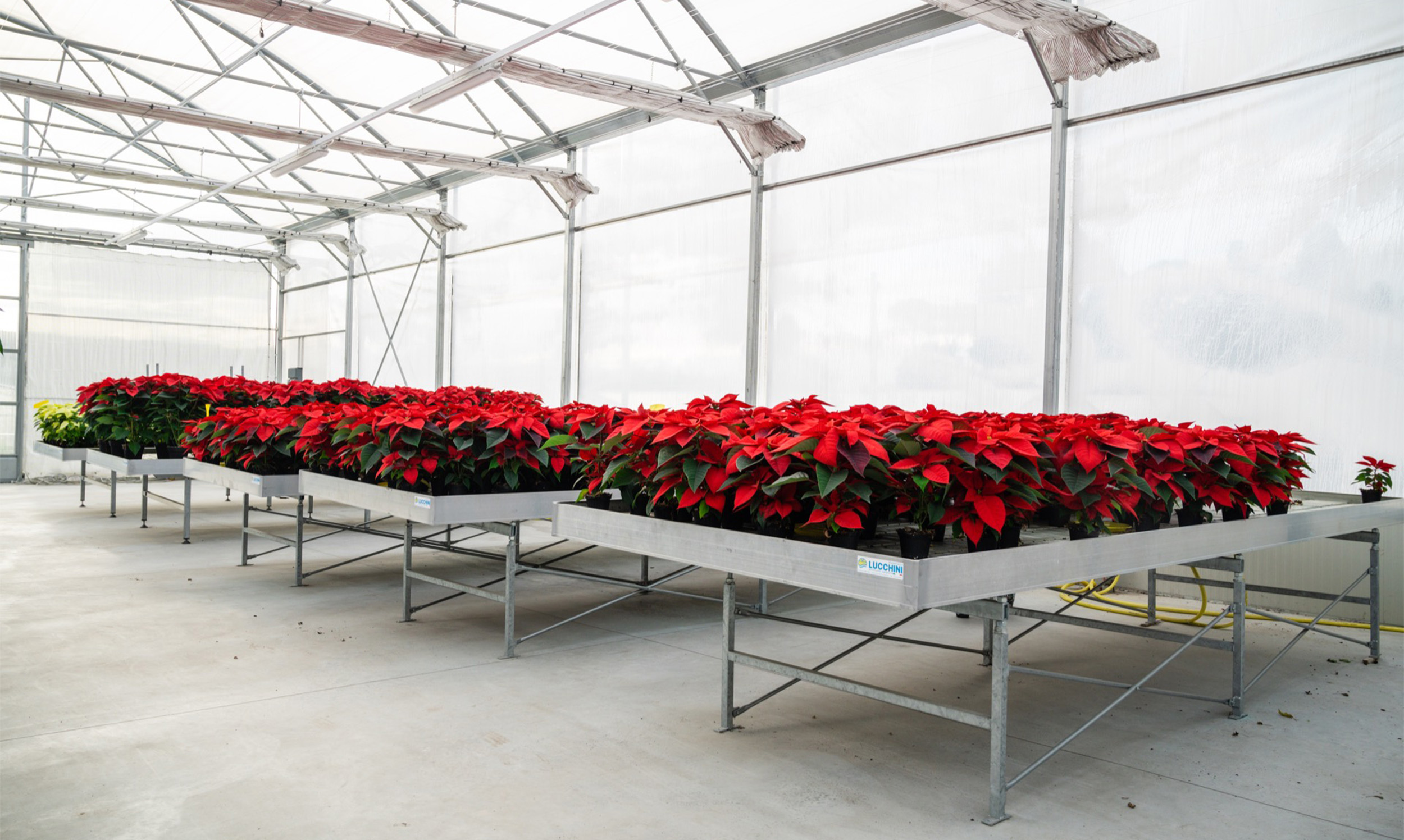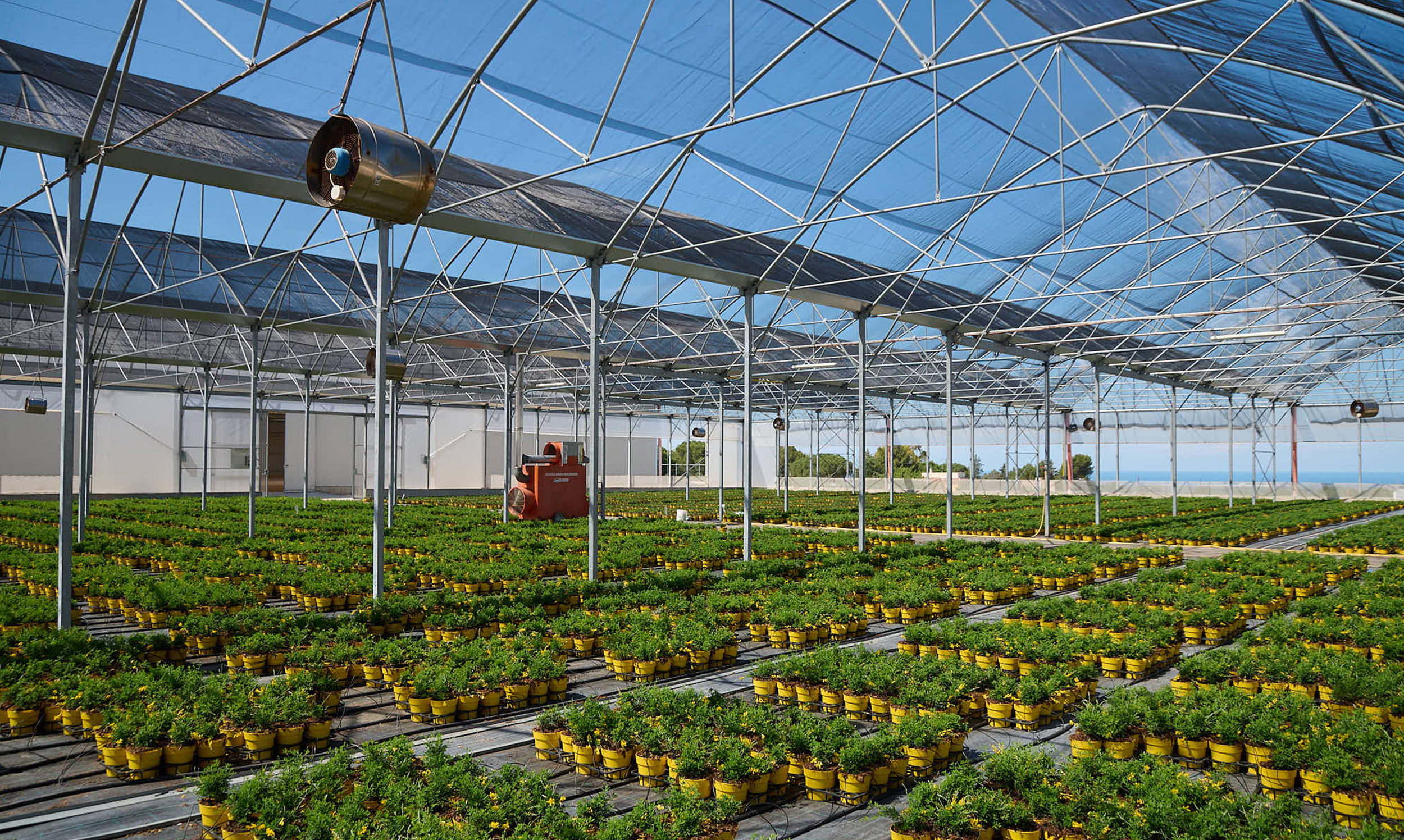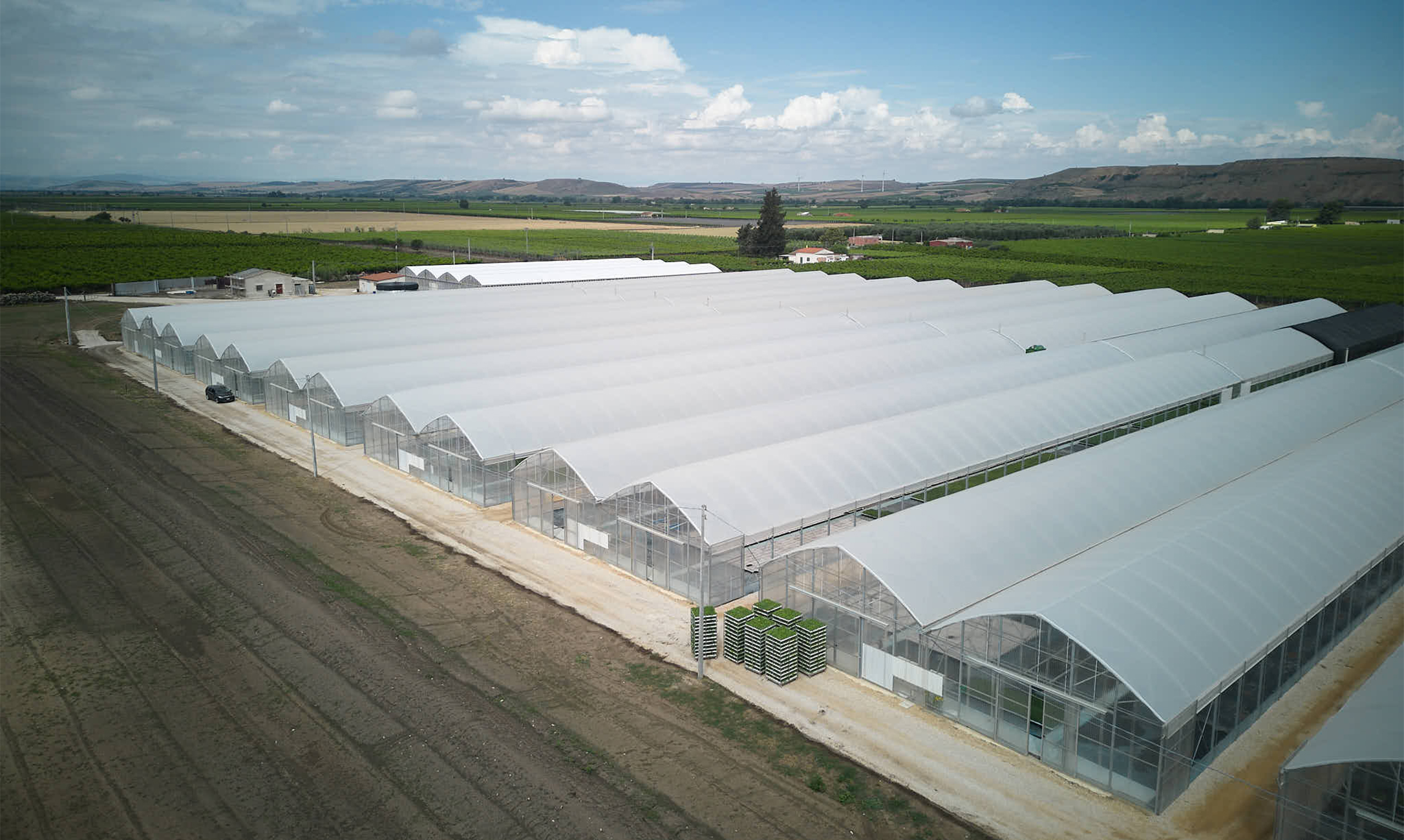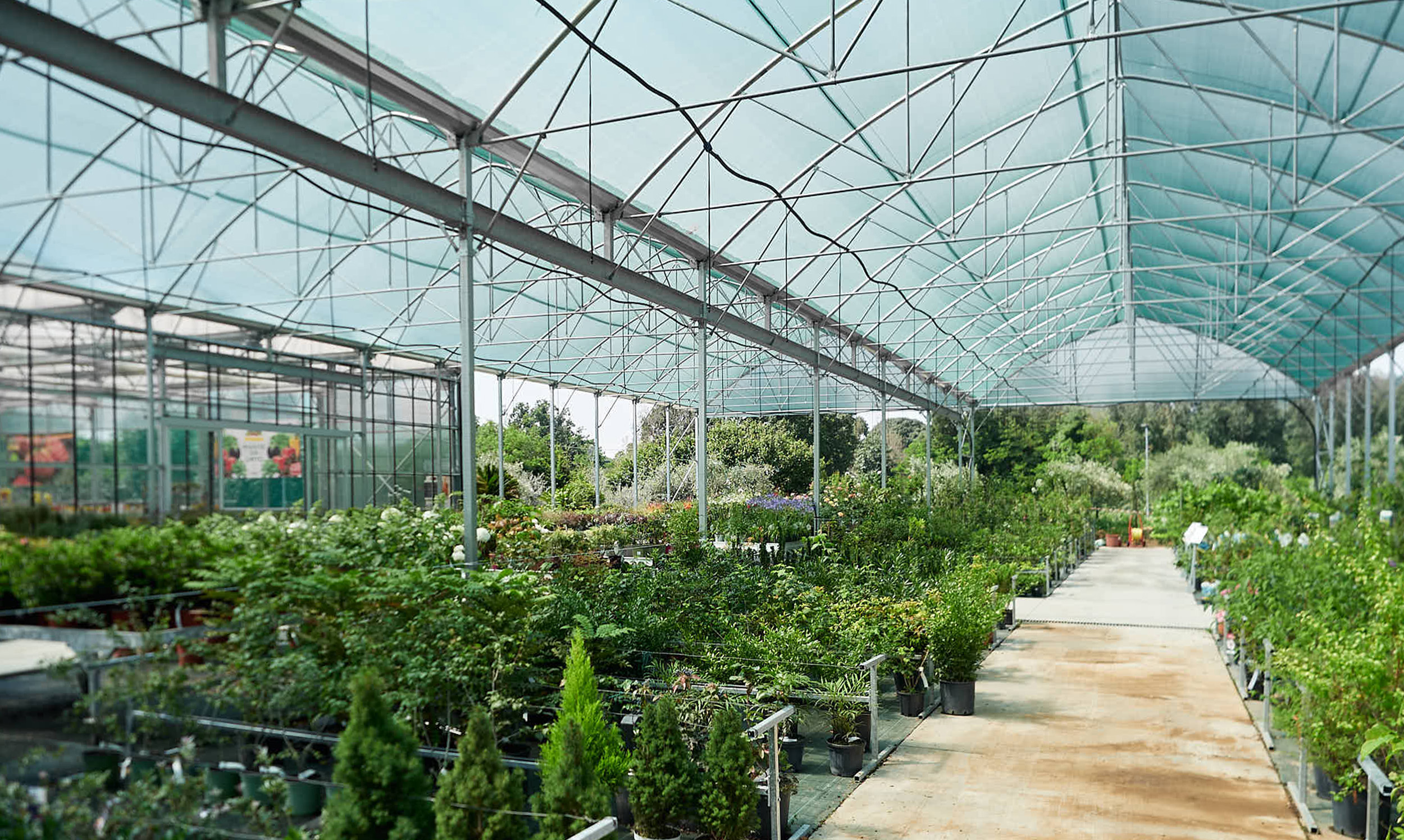Rereading all the articles we have published on our website this year in perspective, one common denominator becomes clear: in an increasingly interconnected and environmentally sensitive world, energy saving and the circular economy are emerging as fundamental pillars for a sustainable future.
Companies that want to remain competitive in the long term must be able to incorporate these two decisive instances not only into their strategies, but also into their products and operating processes. Idromeccanica Lucchini has understood this for some time, and is charting a virtuous course by successfully integrating different experiences.
Agri-voltaics as an example of innovation
A first example emerges from the agri-voltaic sector, thanks to the use of innovative technologies and the hybridisation of knowledge, through Lucchini's many collaborations, which promote sustainability tout court.
Energy saving, we know by now, is one of the most pressing priorities for companies in the third millennium. Agrivoltaics, a combination of agriculture and photovoltaic panels, is an effective response to this need, as it allows renewable energy to be produced without taking land away from agriculture, but rather, optimising its use and efficiency.
Idromeccanica Lucchini, a leader in greenhouse design for over half a century, has implemented innovative solutions in this sector by collaborating - for example - with EcoCasa to develop efficient systems that integrate solar energy and healthy cultivation. The company has designed photovoltaic greenhouses that not only protect crops, but also generate clean energy, thus reducing energy costs and improving the sustainability of the production cycle. Thanks to technologies such as the Tracking Line, which optimizes exposure to the sun's rays, it is possible to maximize energy production while protecting crops from the elements, as has been successfully demonstrated in kiwi cultivations.
Circular Economy: a network of relationships and skills
The circular economy, on the other hand, is based on reducing waste, recycling materials and building synergies between different production realities. An excellent example of how this concept can be applied comes from the collaboration and skills transfer model that Lucchini has developed with its many partners.
During company events and collaborations with realities such as Gremizzi and Sebino Garden, it emerged how sharing know-how and resources can not only reduce environmental impact, but also create new business opportunities. The adoption of modular systems, such as shade greenhouses, developed to safeguard crops from climate change, demonstrates that tailor-made and flexible solutions can meet the needs of different sectors, from agriculture to automotive protection.
Innovation and sustainability: the challenges of a common future
Technological evolution, if applied intelligently and (also) for the common good, can really improve the sustainability and competitiveness of companies. For example, in the irrigation sector, Idromeccanica Lucchini has invested in optimized management systems with a view to reducing water consumption, while at the same time offering complete, customized solutions for its customers, as demonstrated by its fruit-growing and vineyard projects.
These successful case studies demonstrate that investing in sustainability does not only mean reducing operating costs, but above all creating added value for the environment and the communities that live and inhabit it every day. Efficient technologies, such as agri-voltaics and advanced irrigation systems, are key tools for those who, like Idromeccanica Lucchini, want to be protagonists of a more balanced and sustainable future.
Waste reduction, energy efficiency and circular economy are not just slogans for us, but concrete values that, if applied correctly, can revolutionize the way we do business in the 21st century.
The innovative solutions adopted by Idromeccanica Lucchini demonstrate how sustainability, efficiency and cooperation can transform environmental challenges into opportunities for growth. - Continuing to chart a virtuous path towards a greener and more resilient tomorrow.






